Alberto Contador: A contradictory career - Gallery
A look back at the Spaniard's successful but also controversial Grand Tour palmares
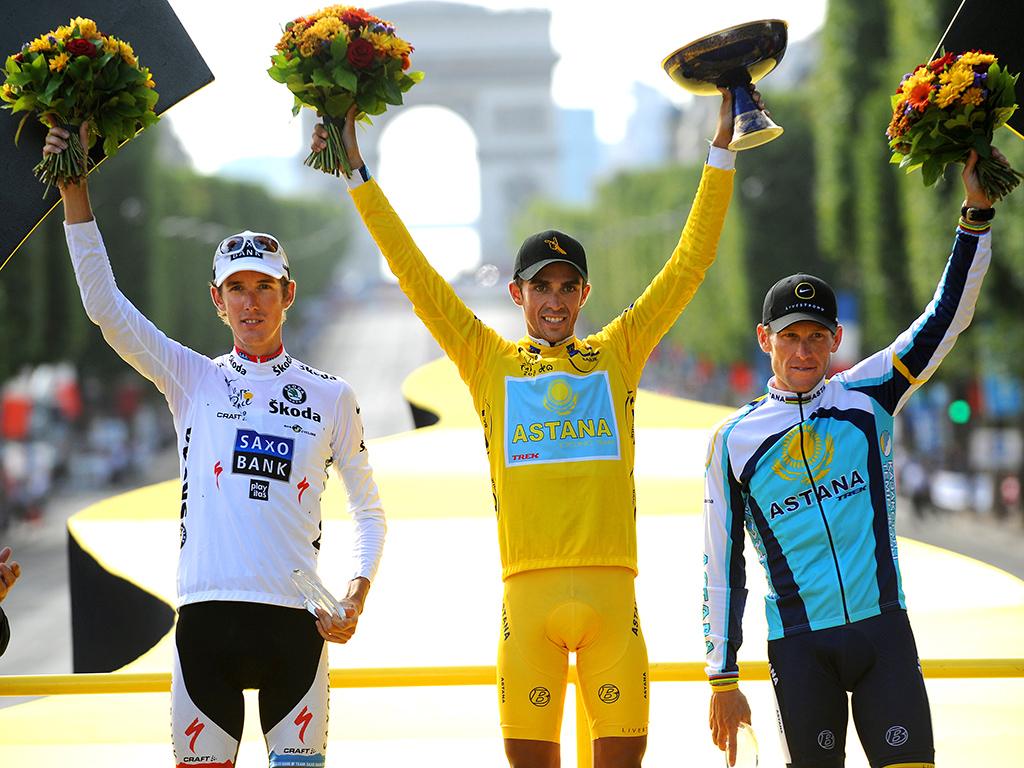
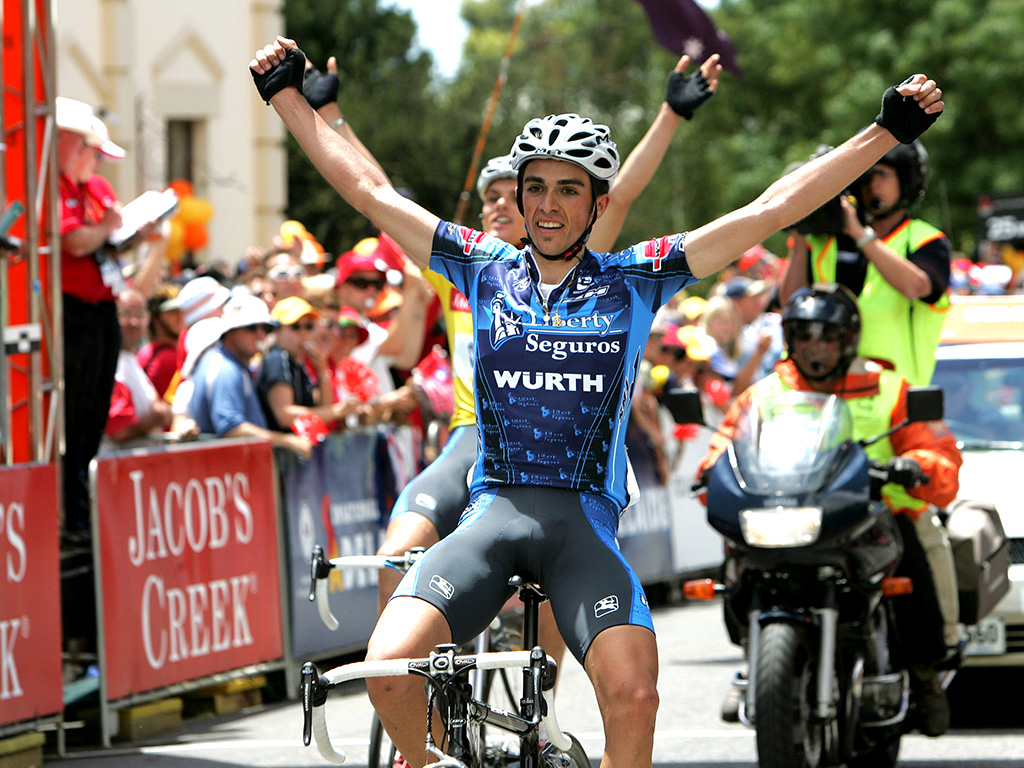
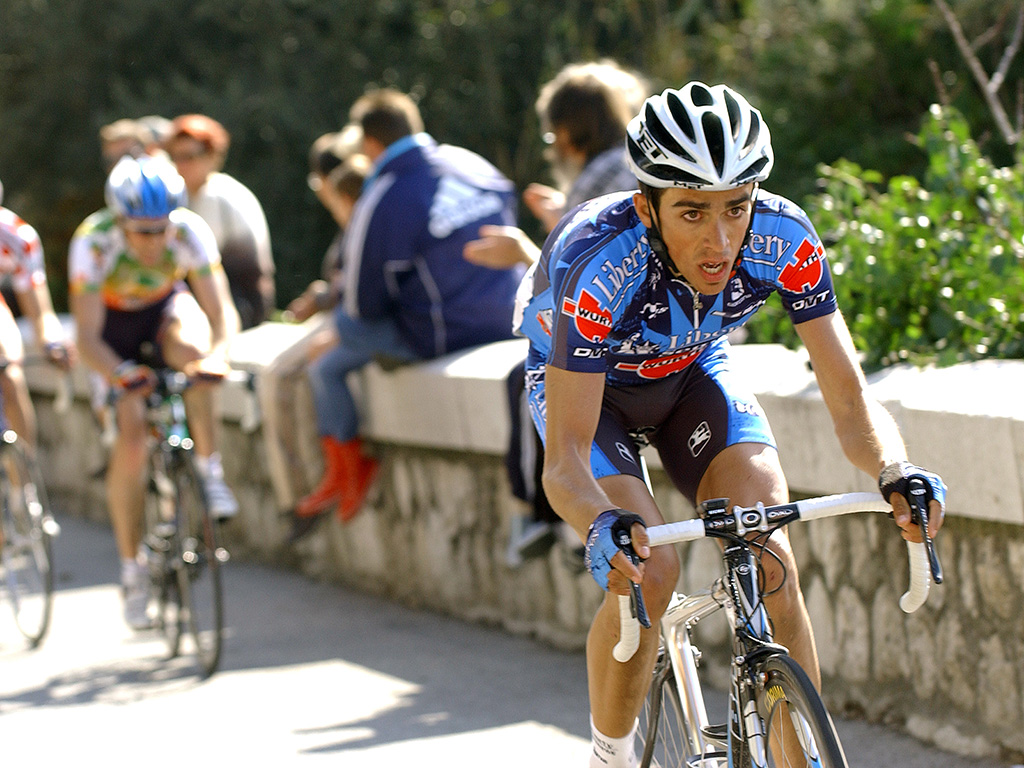
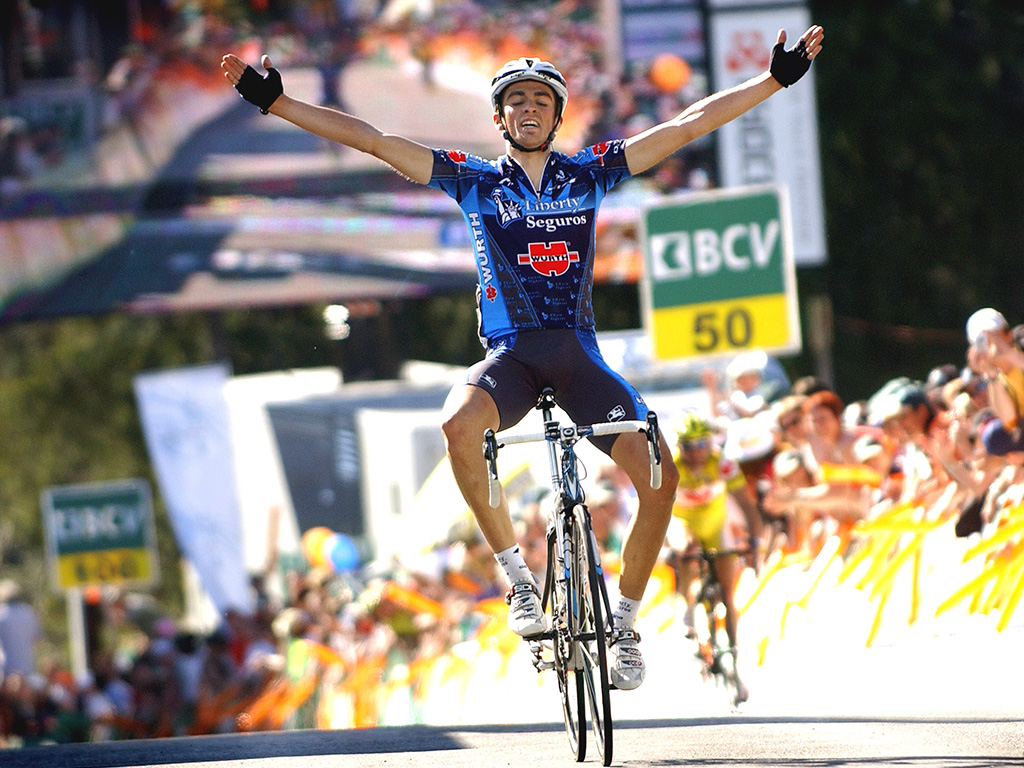
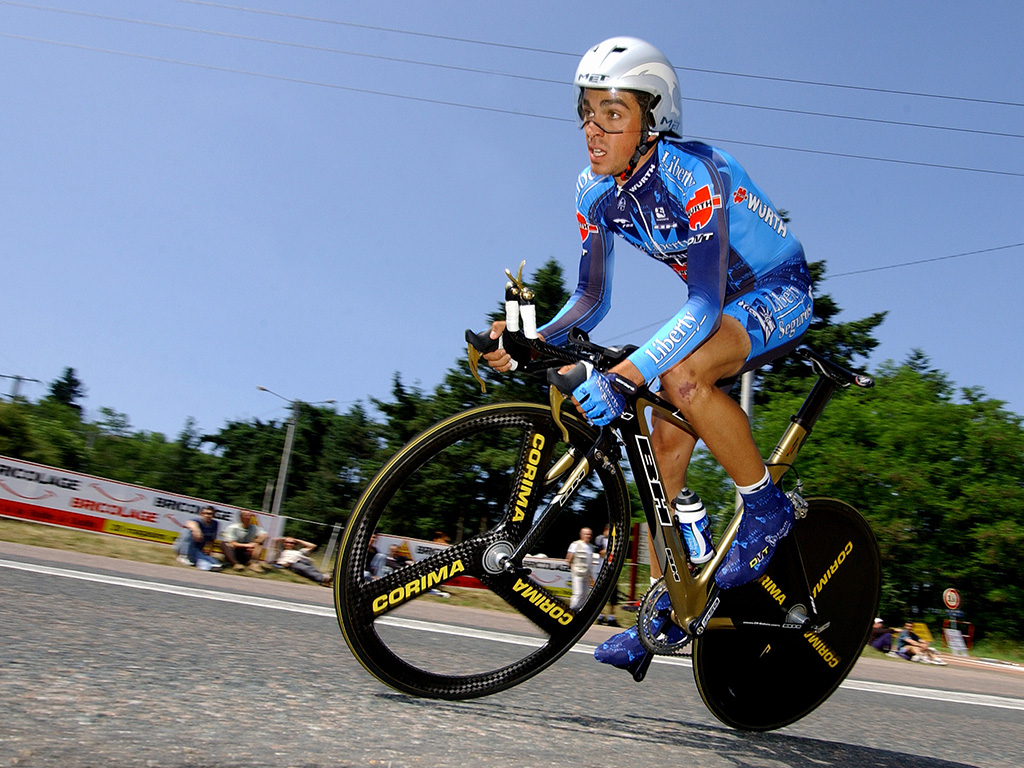
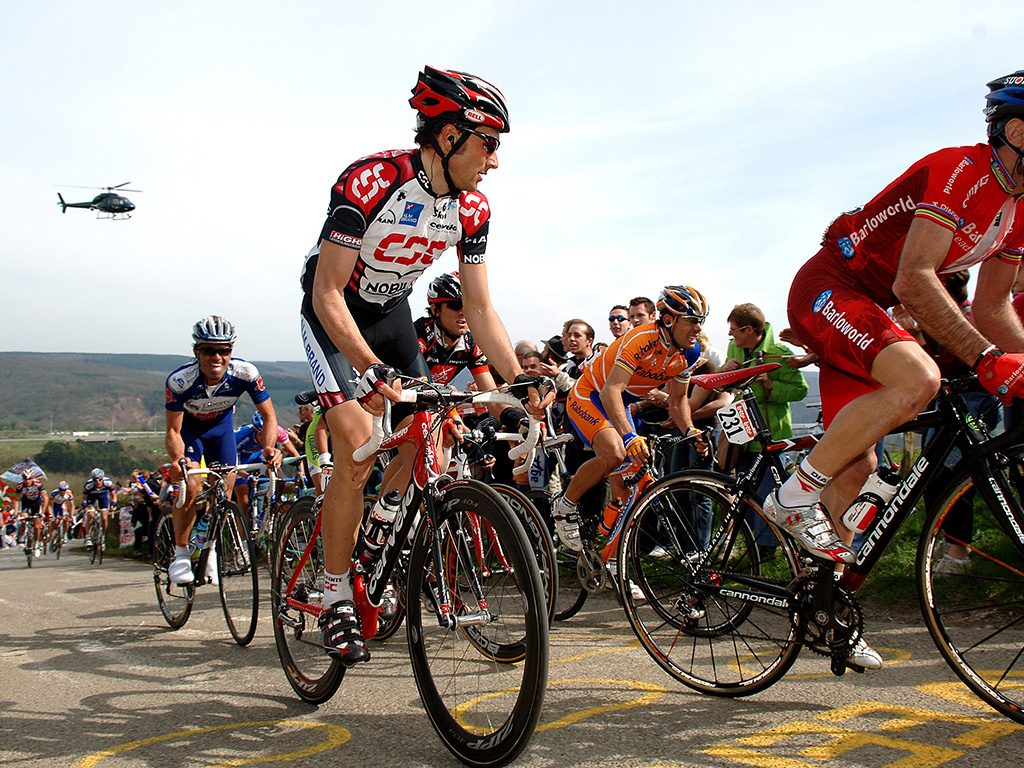
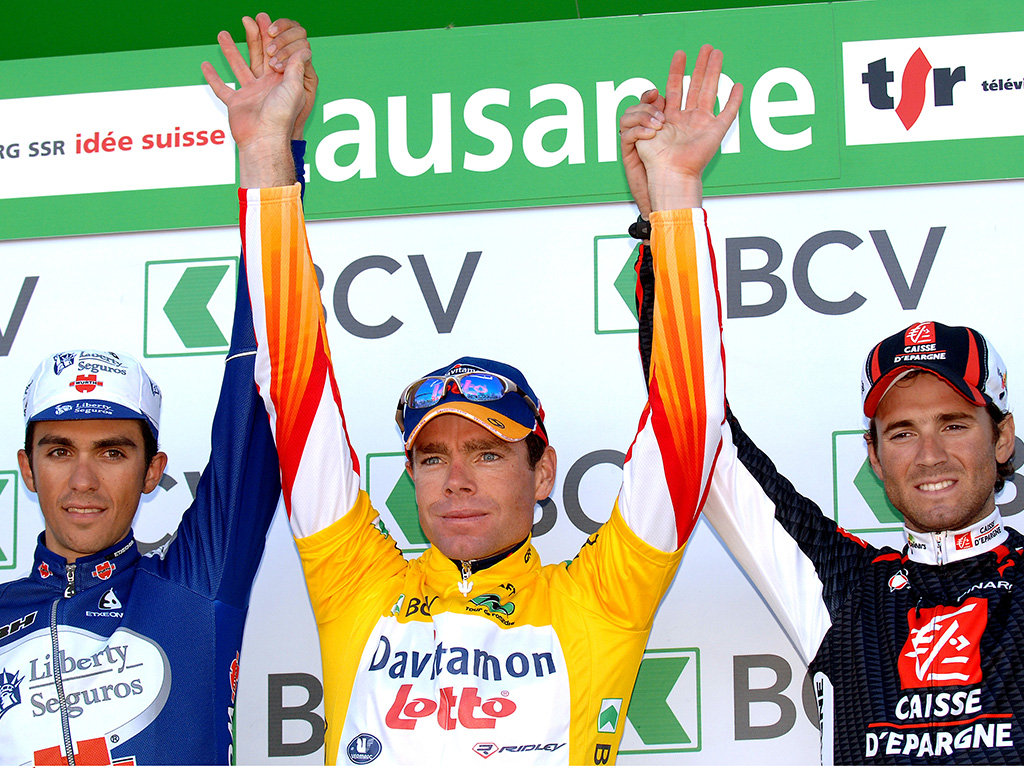
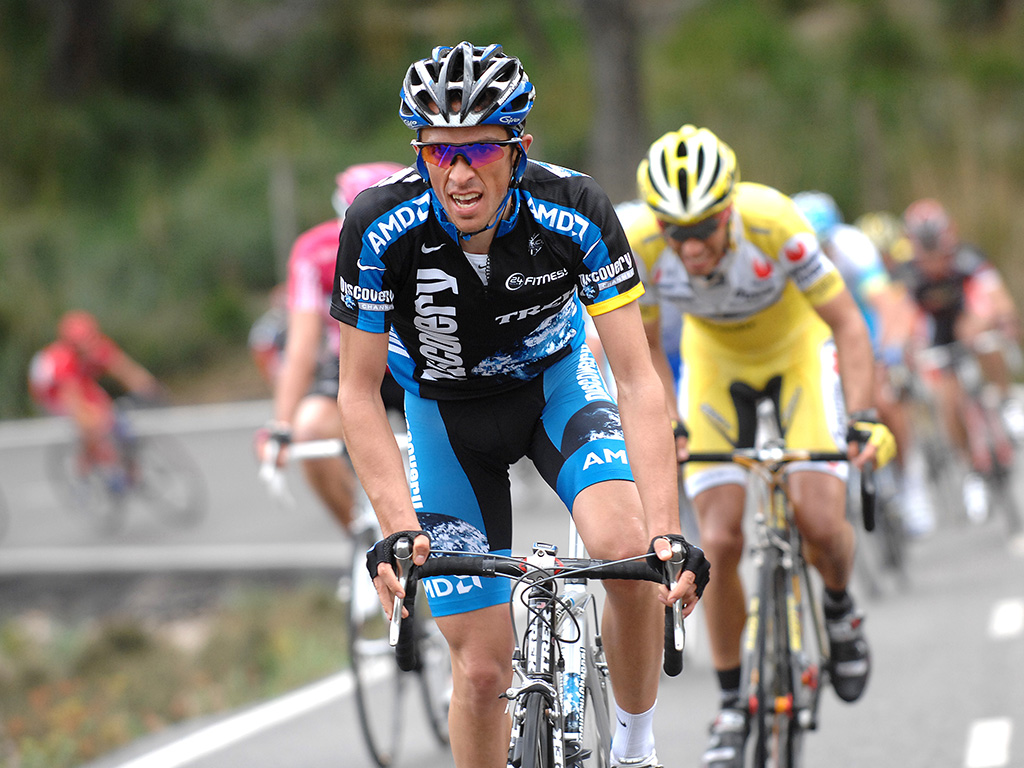
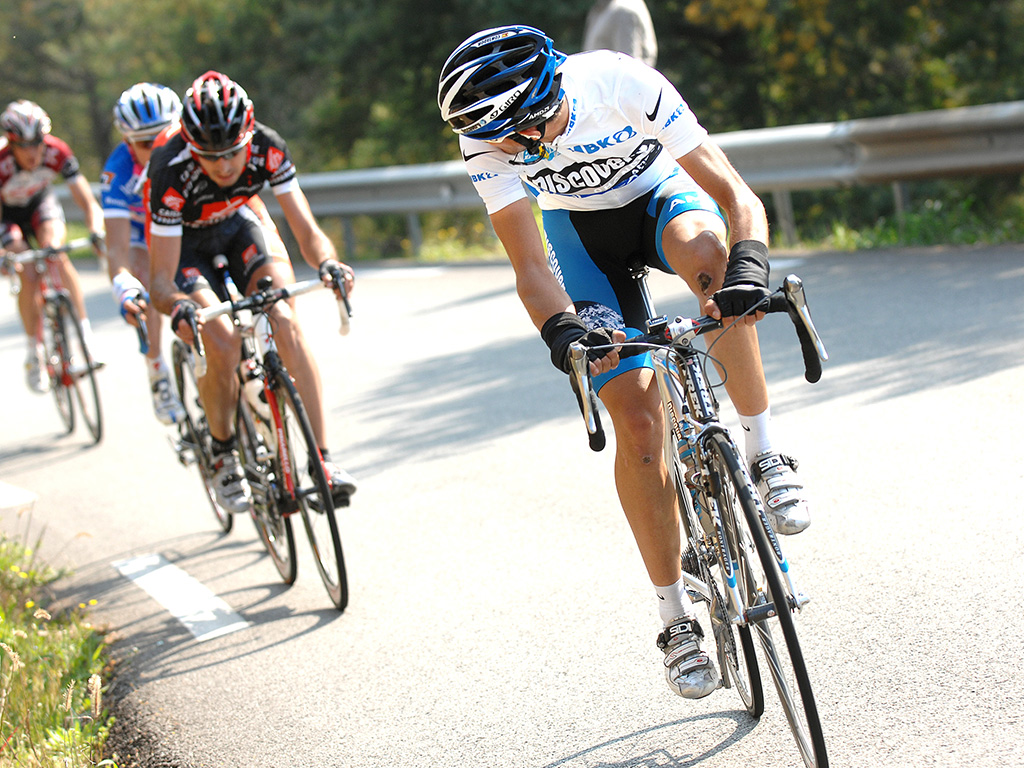
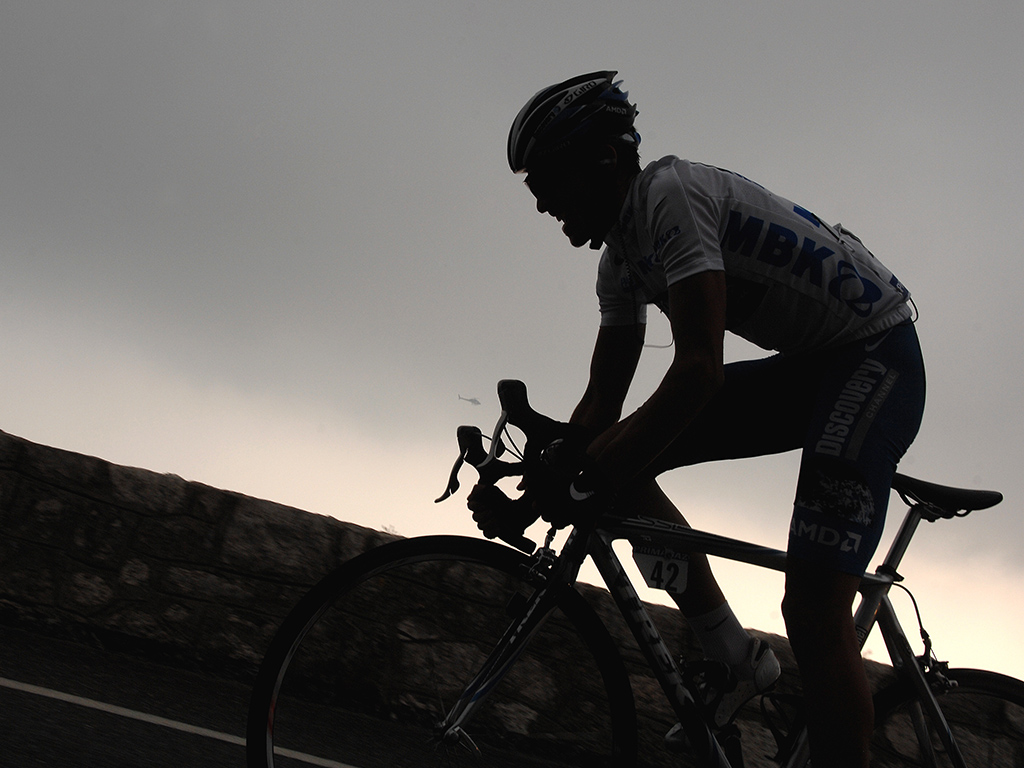
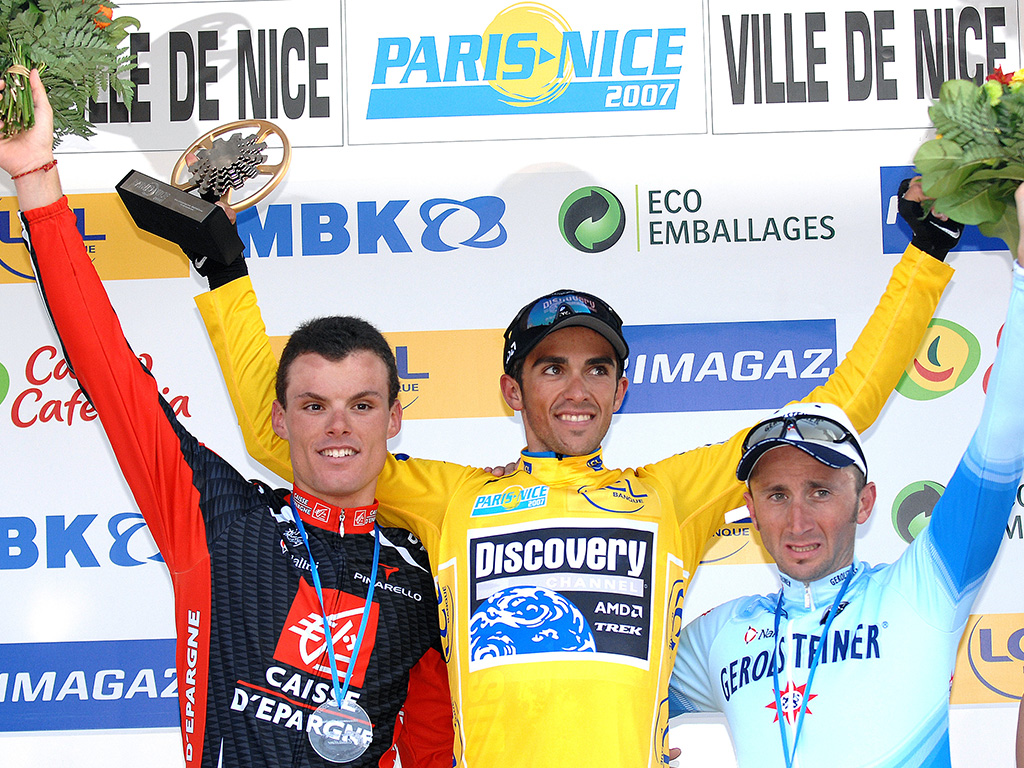
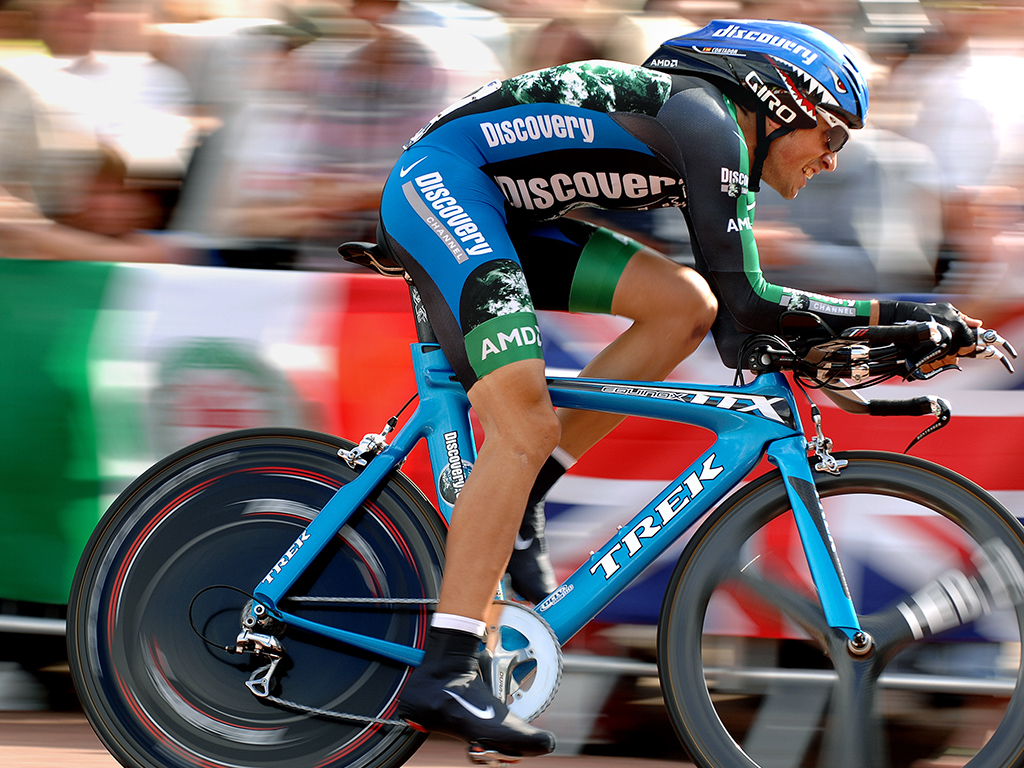
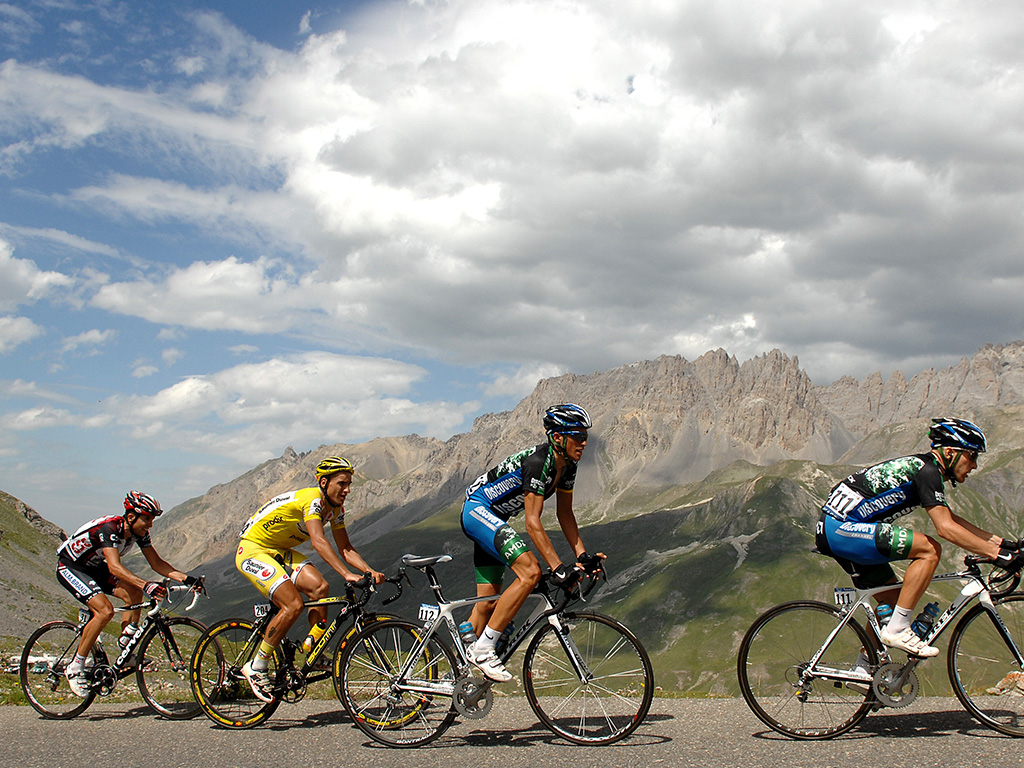
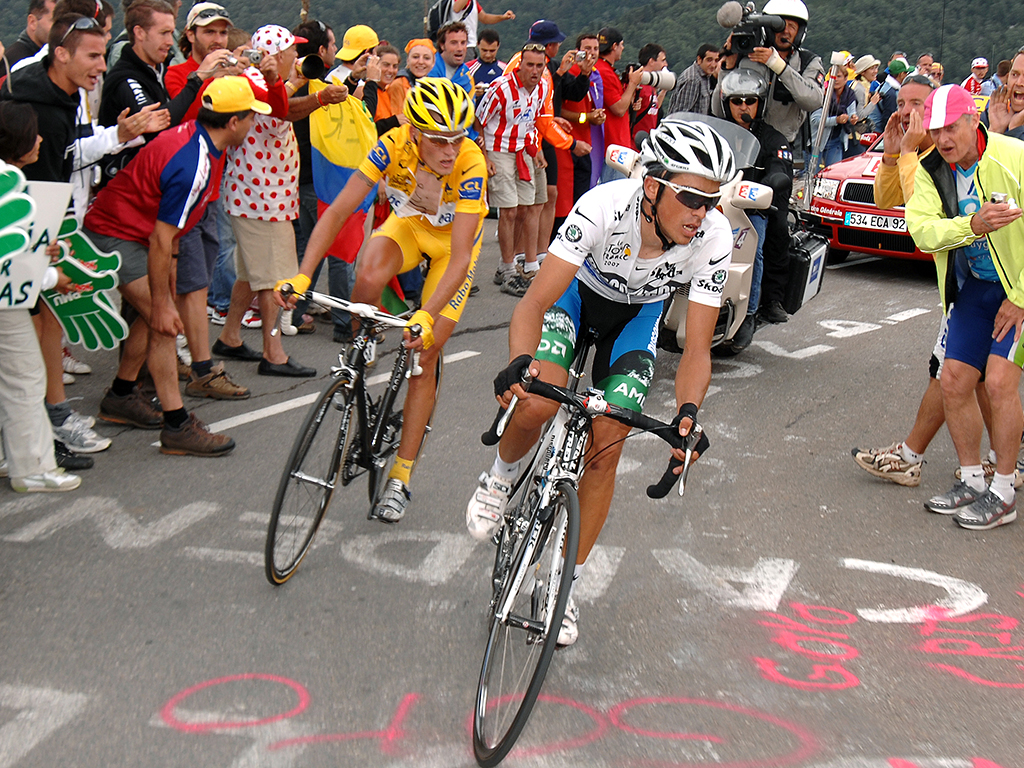
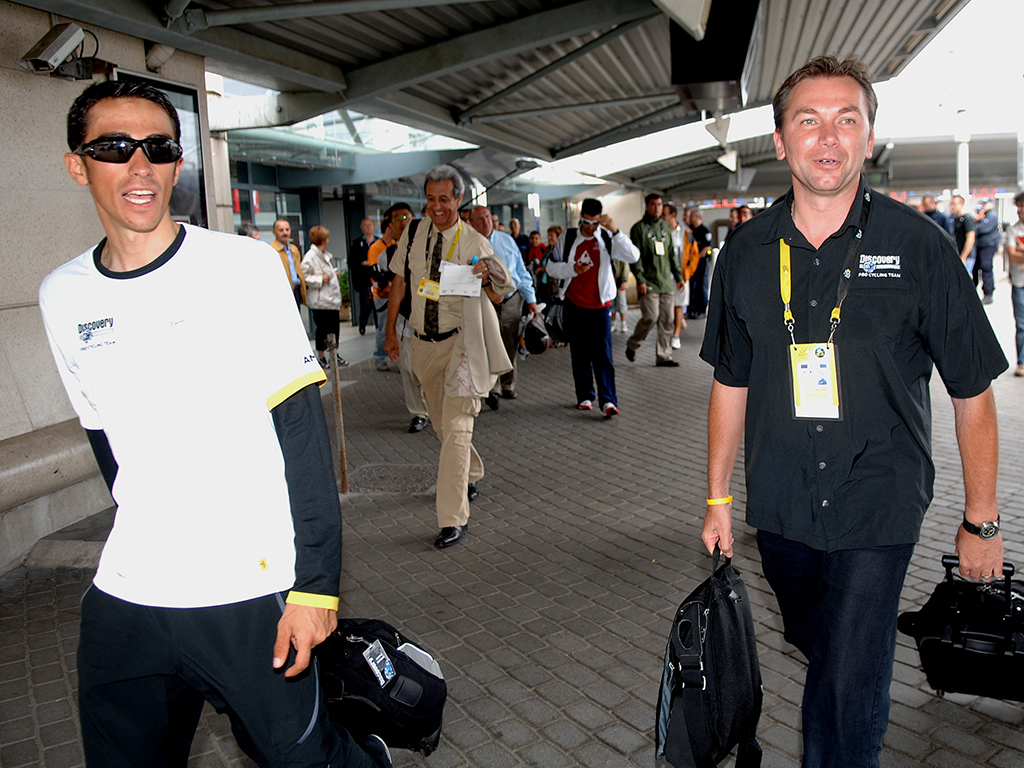
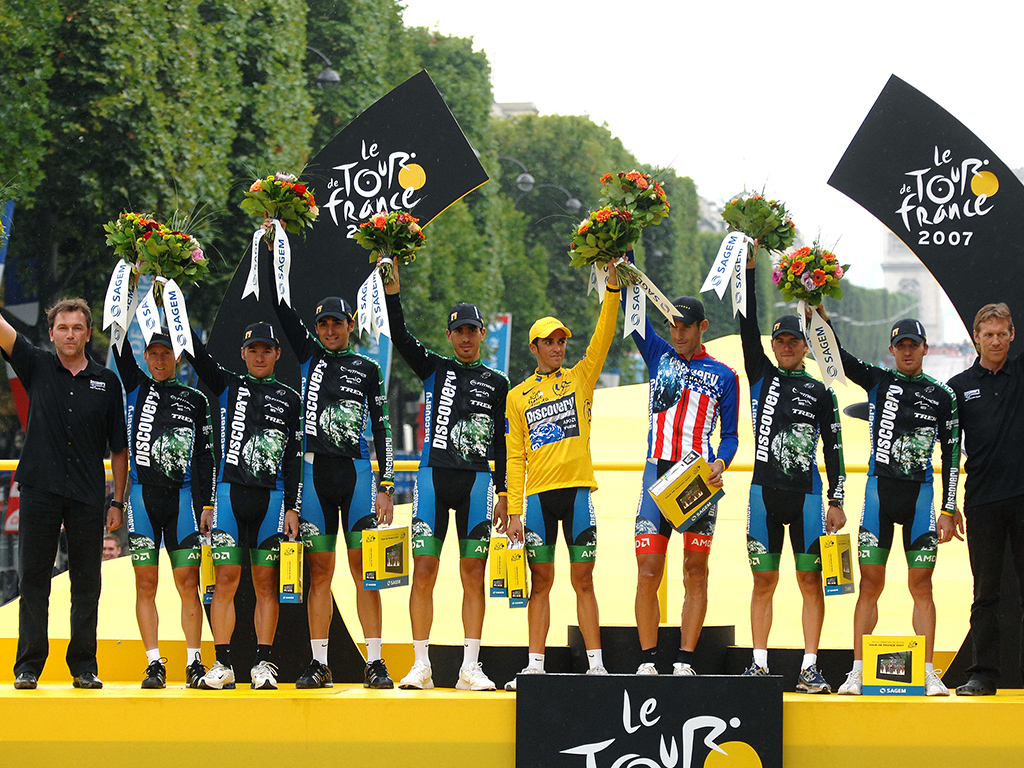
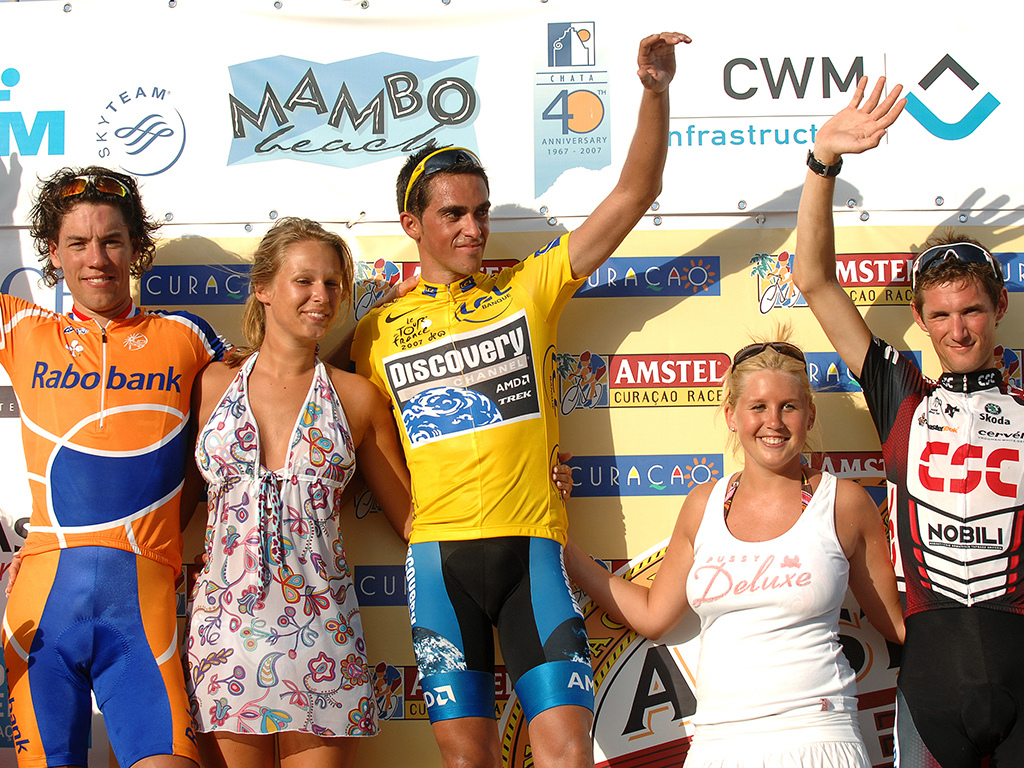
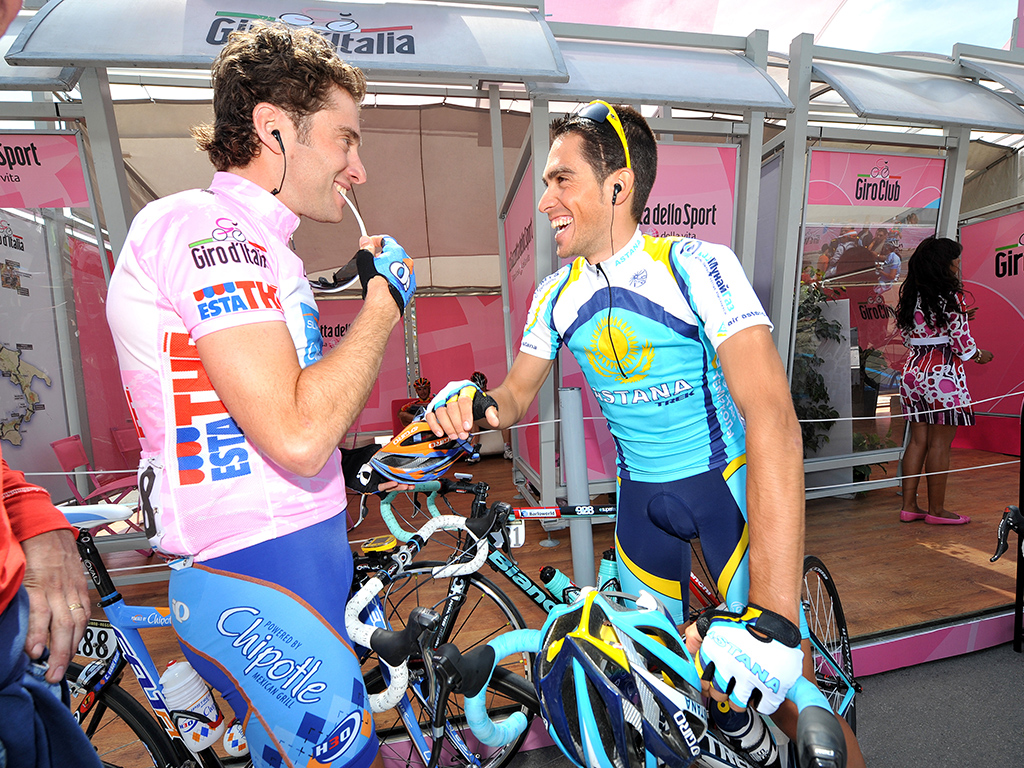
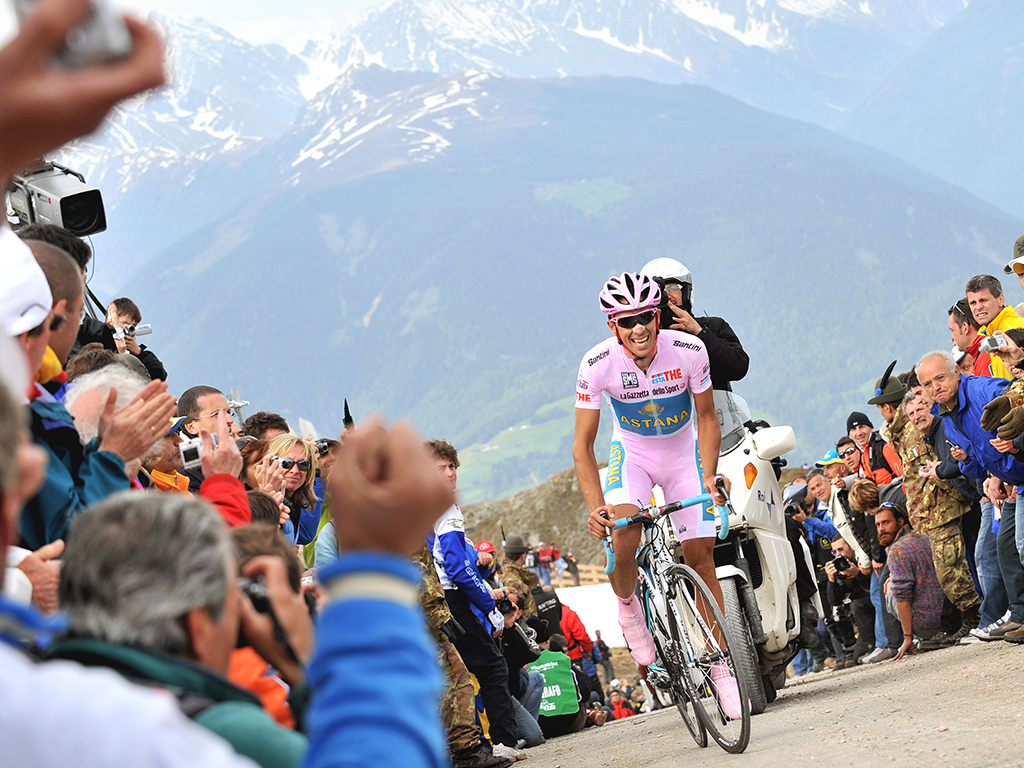
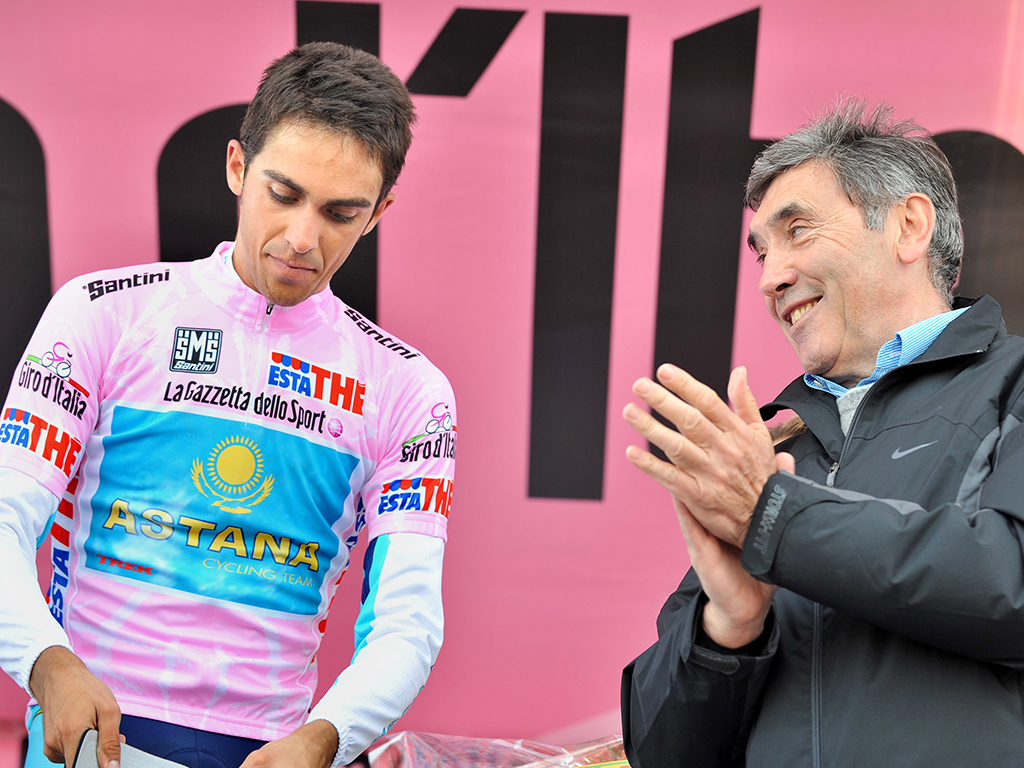
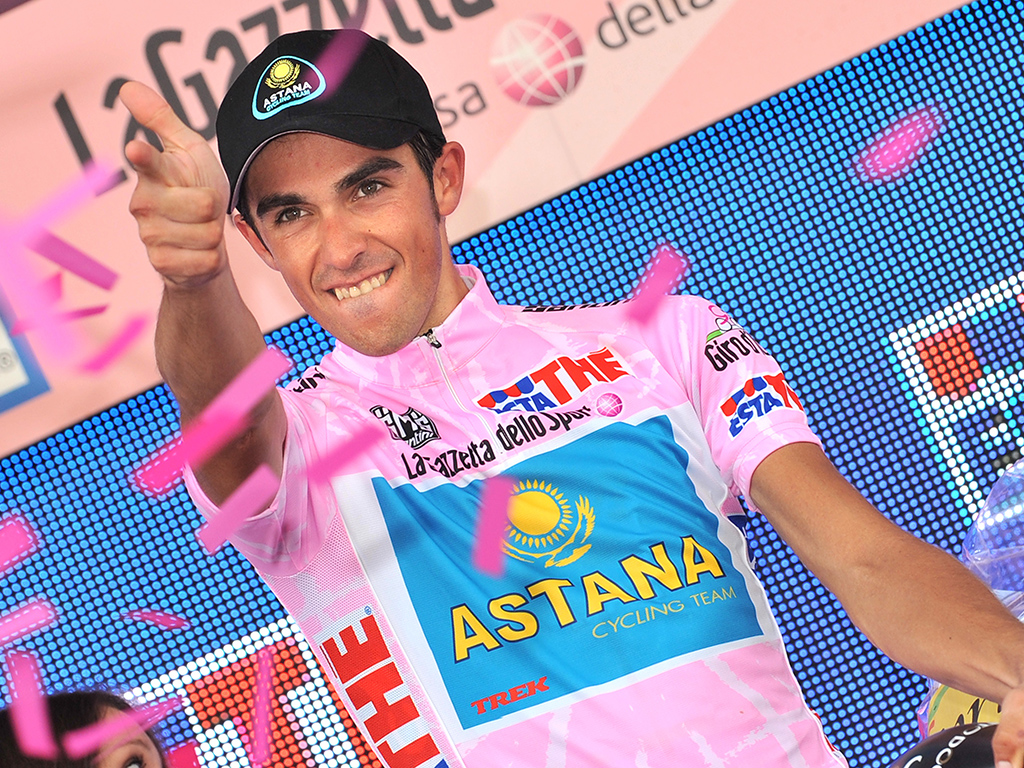
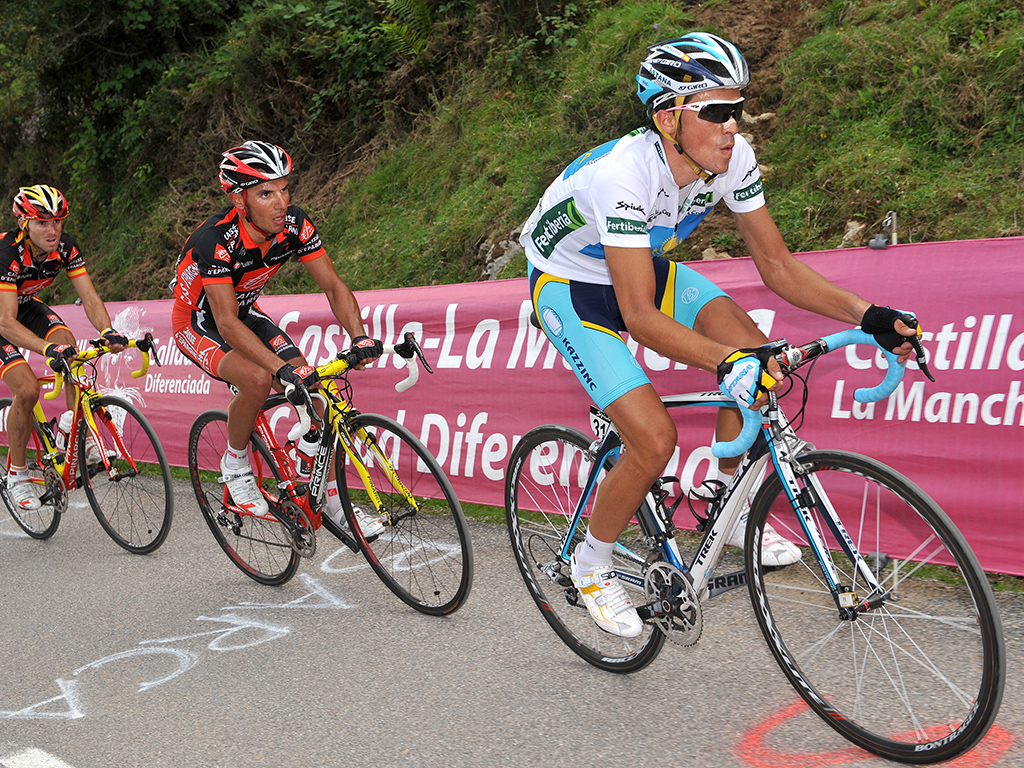
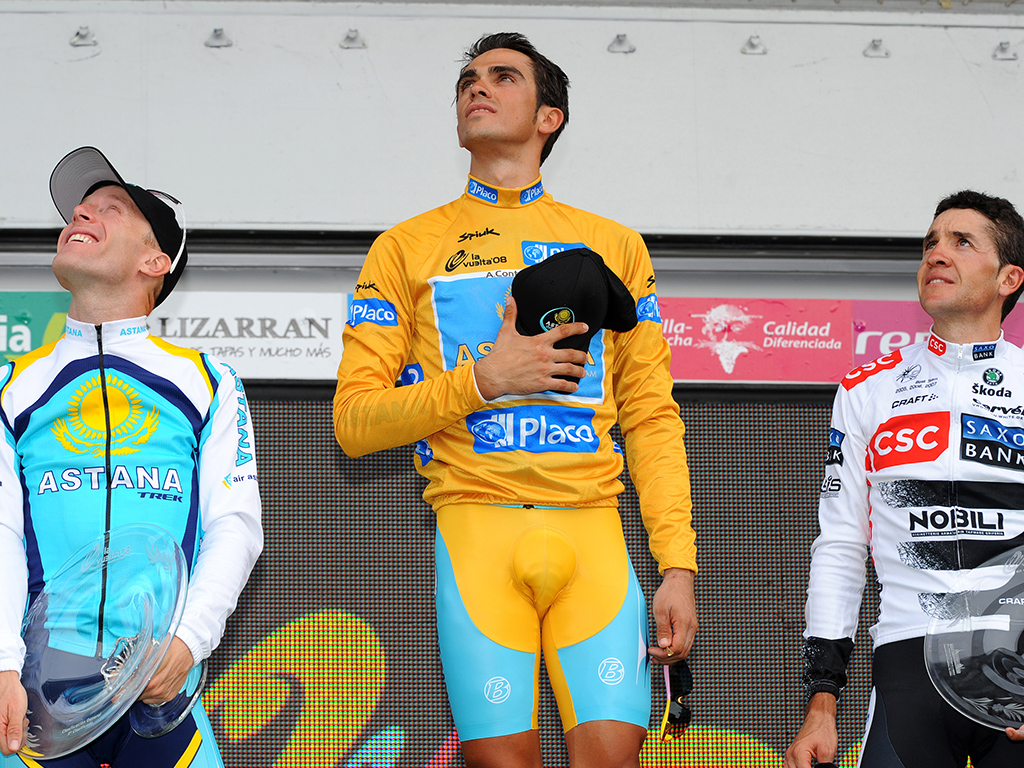
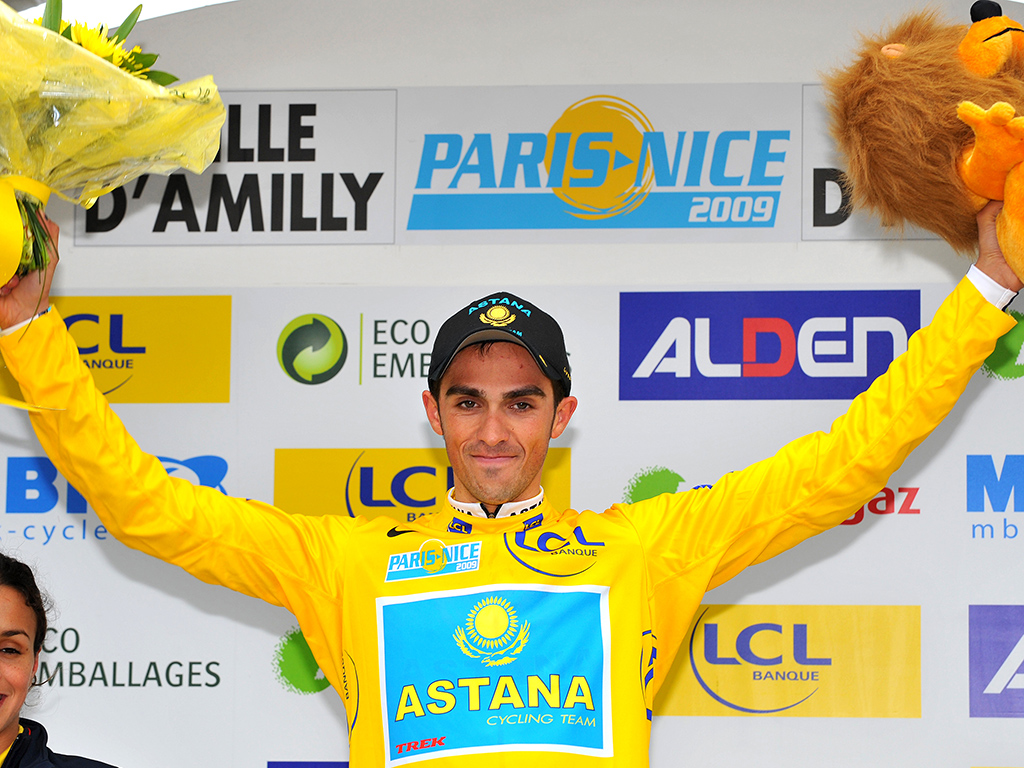
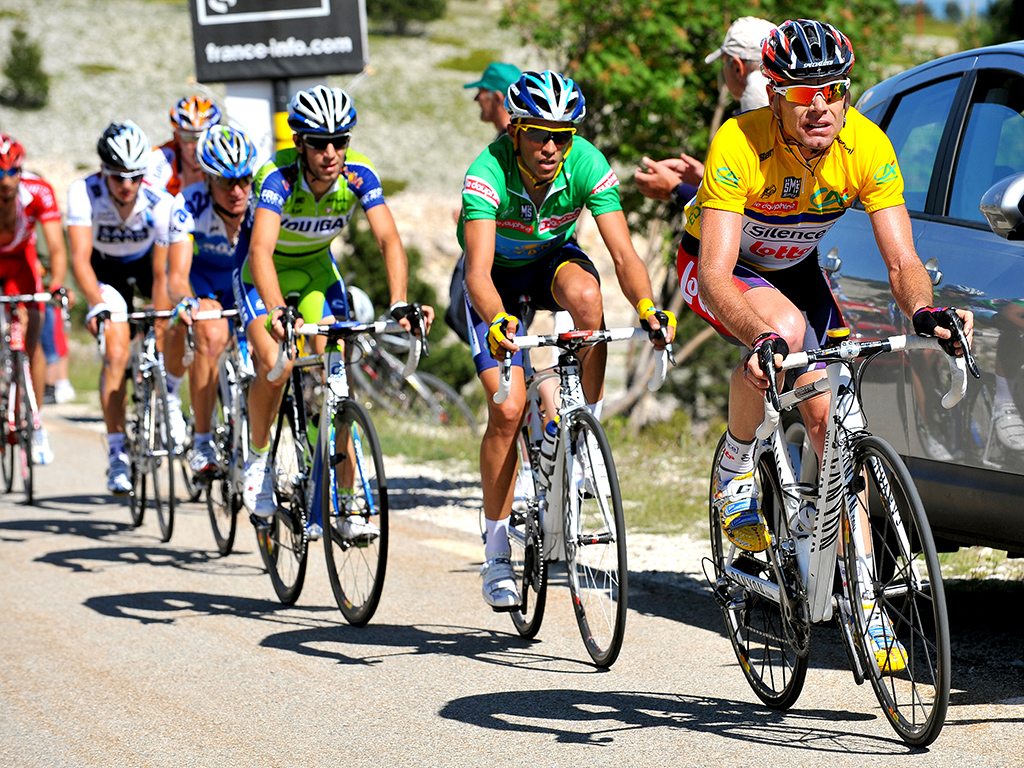
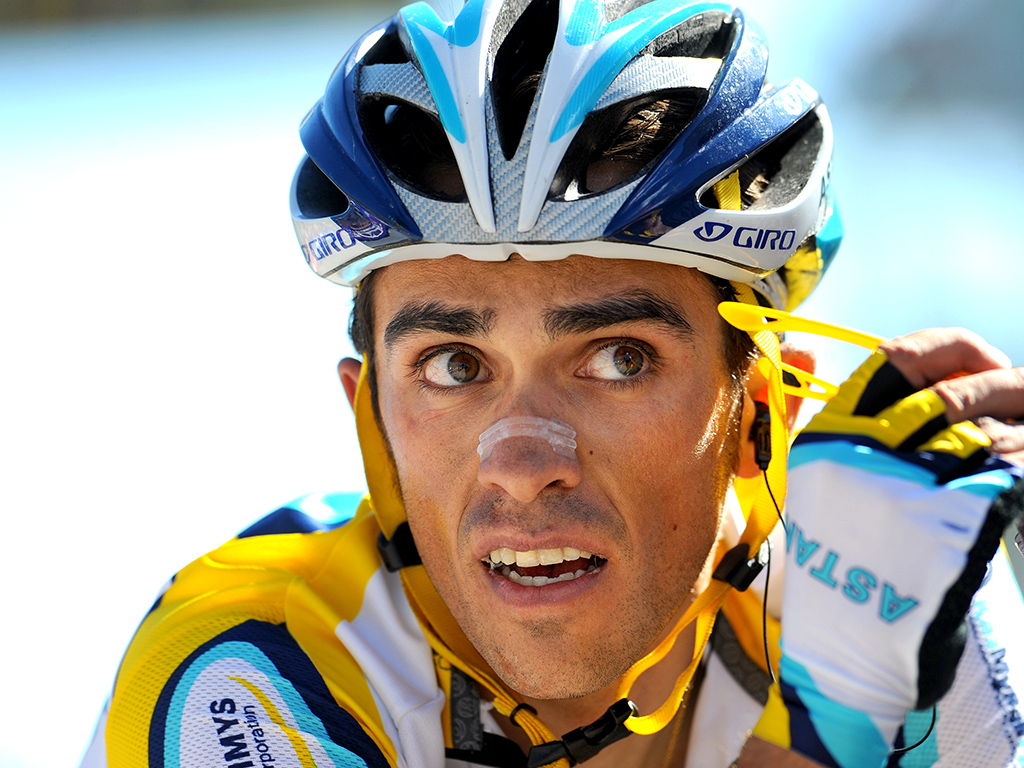
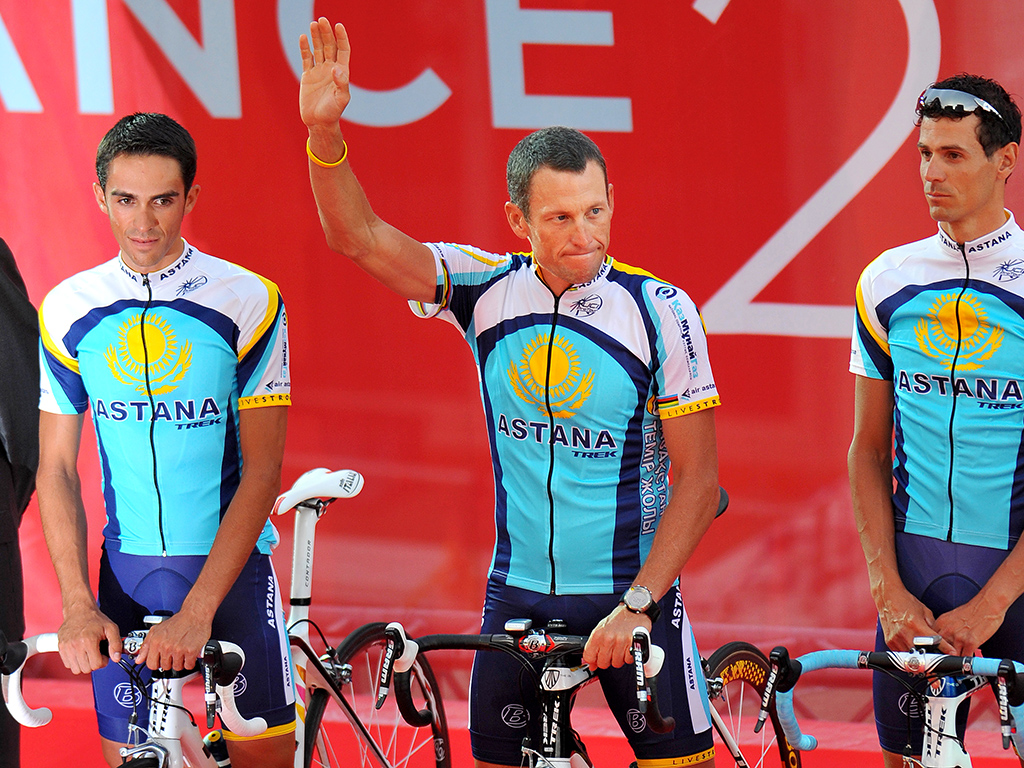
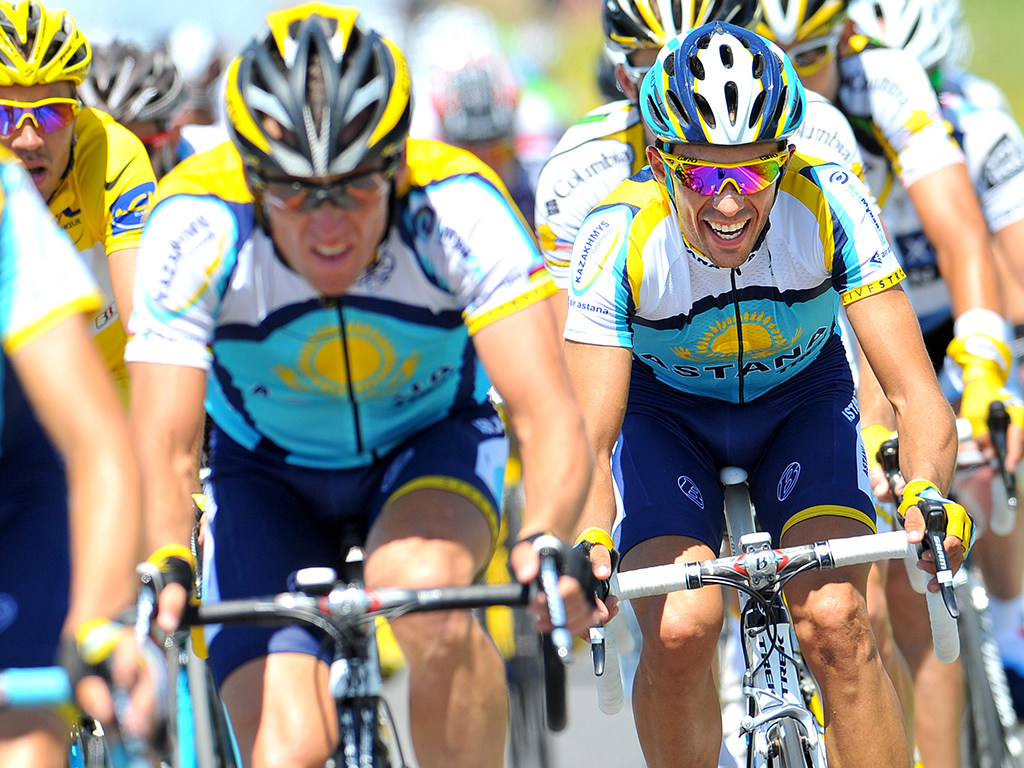
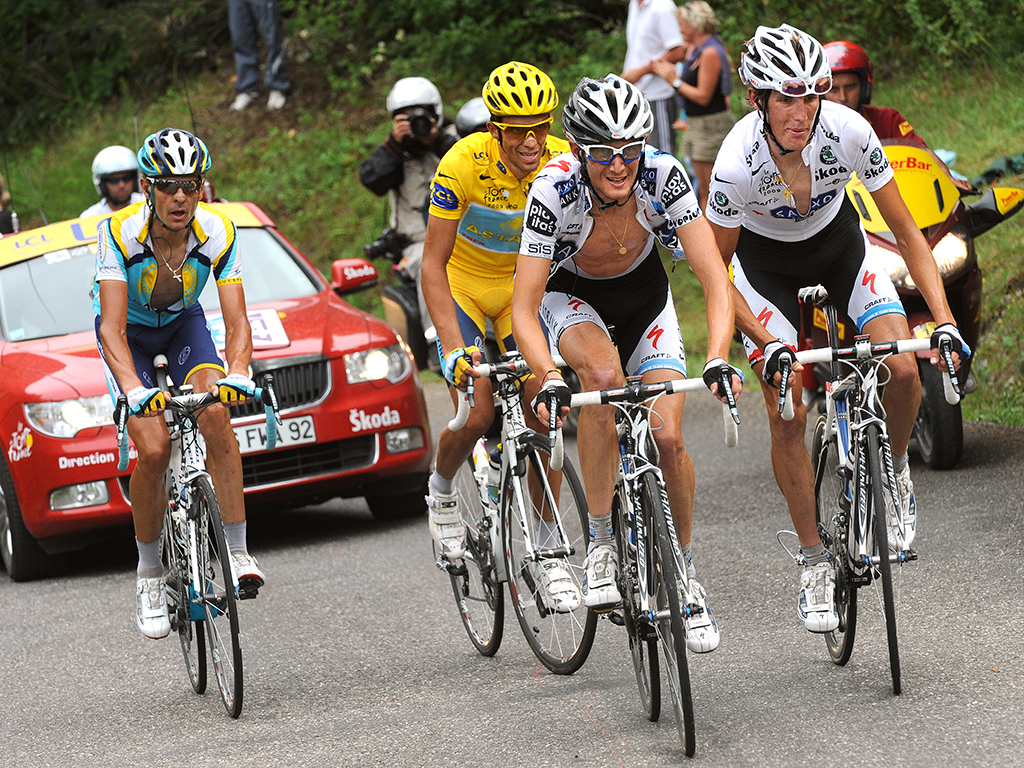
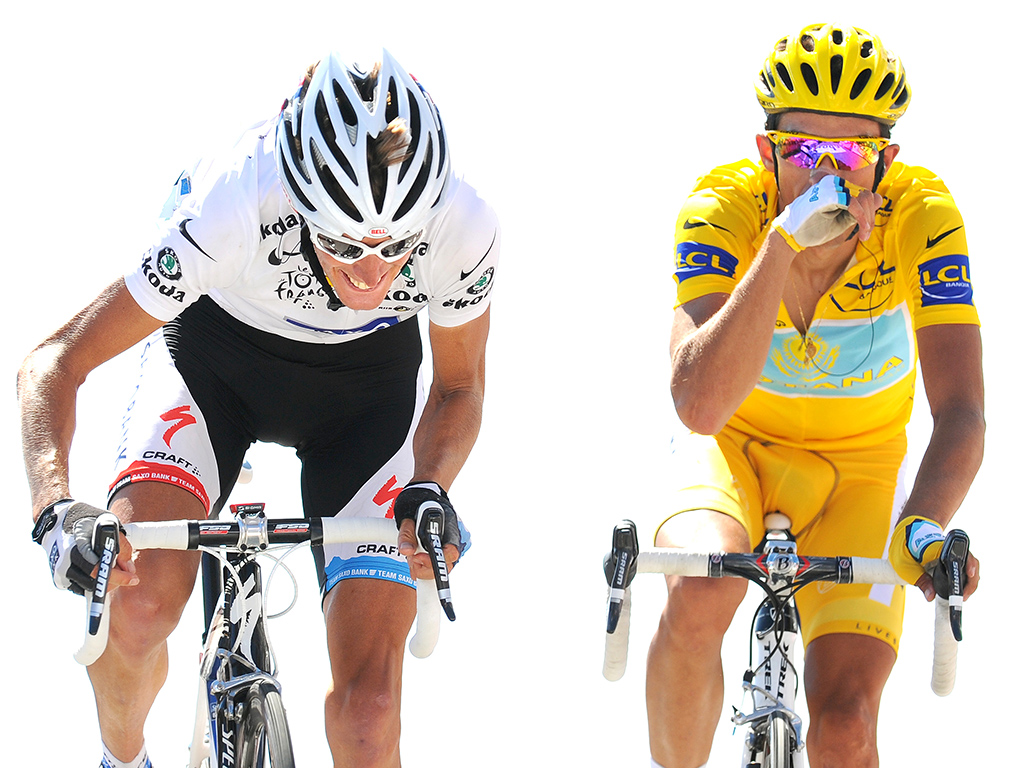
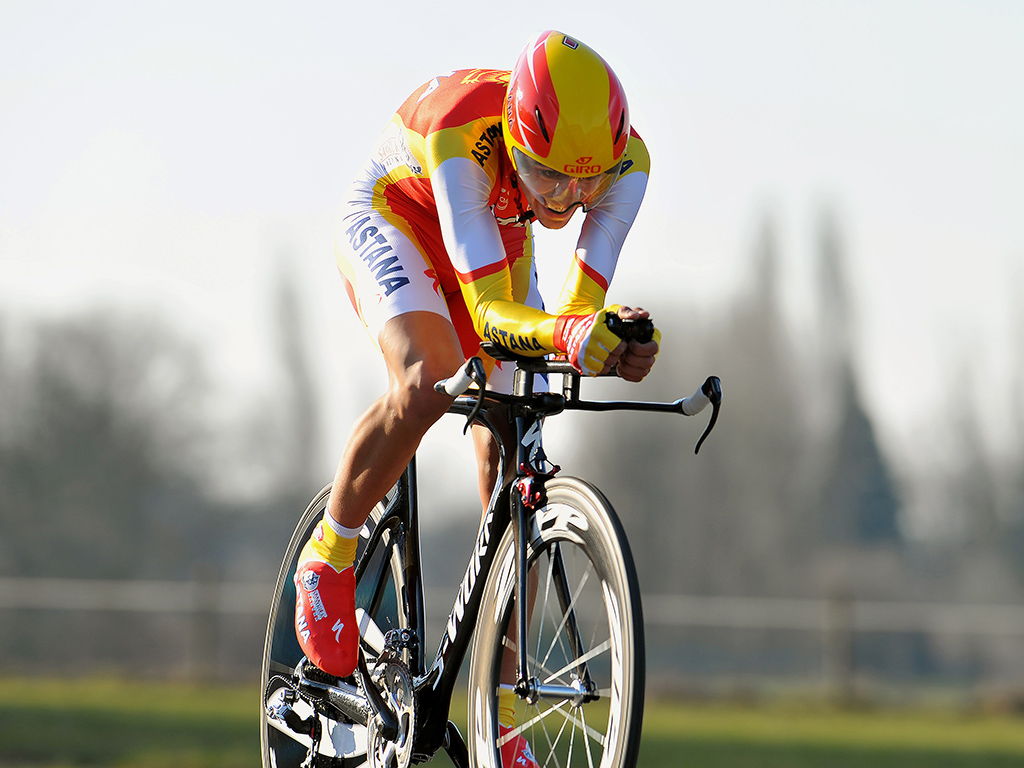
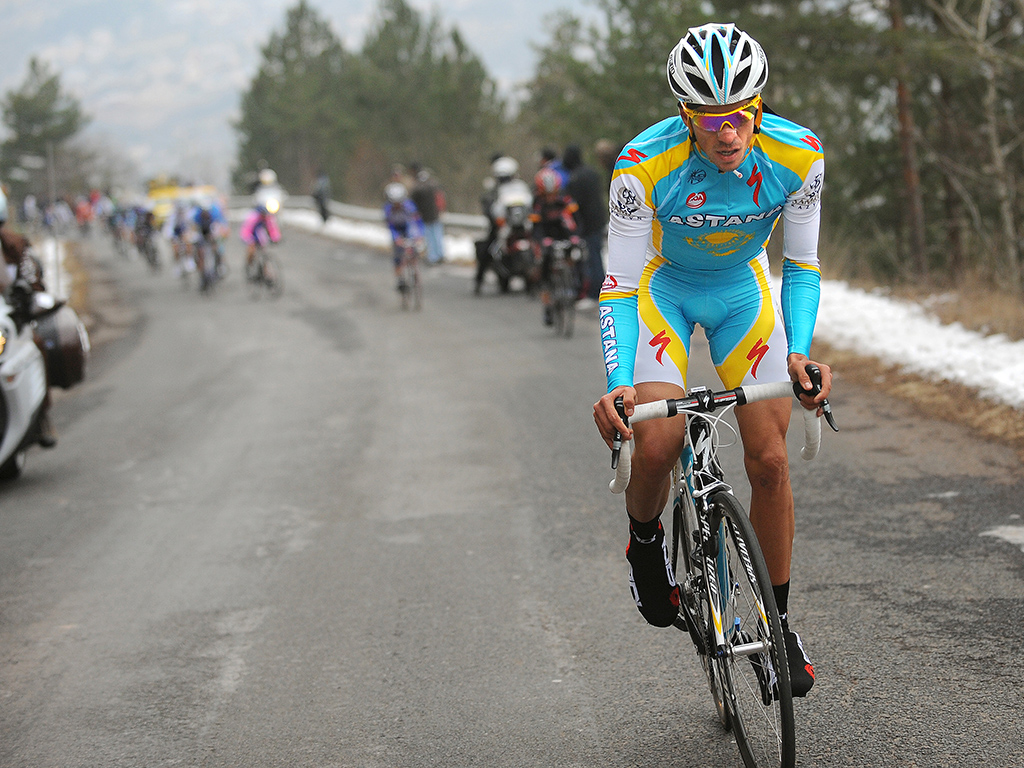
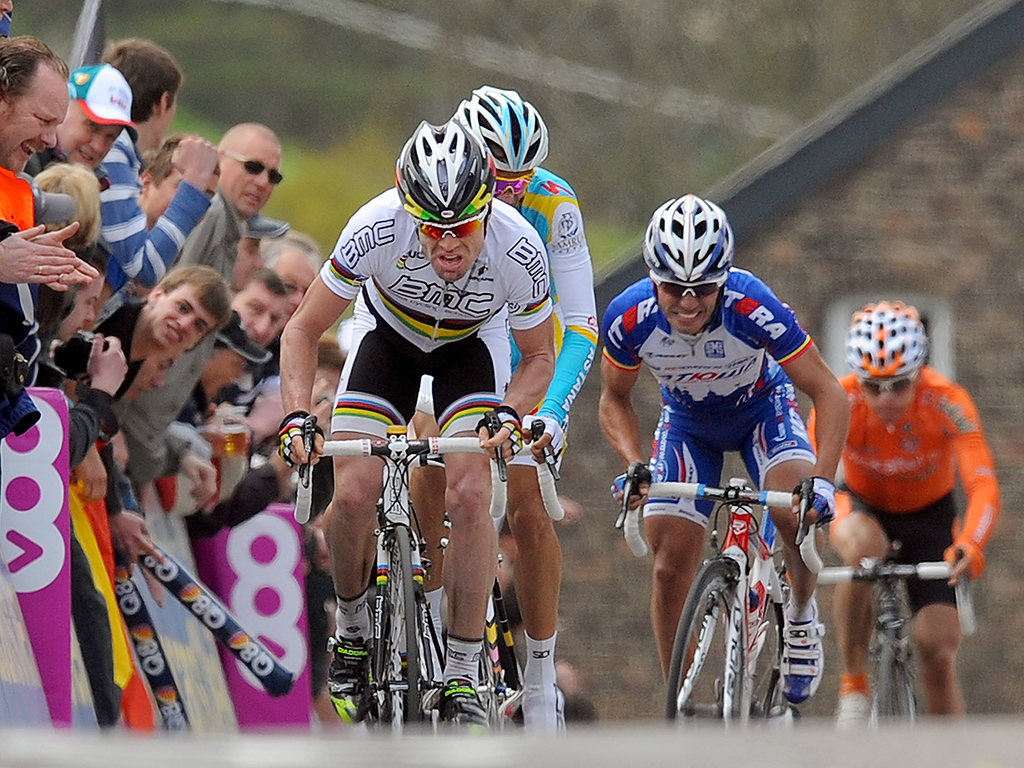
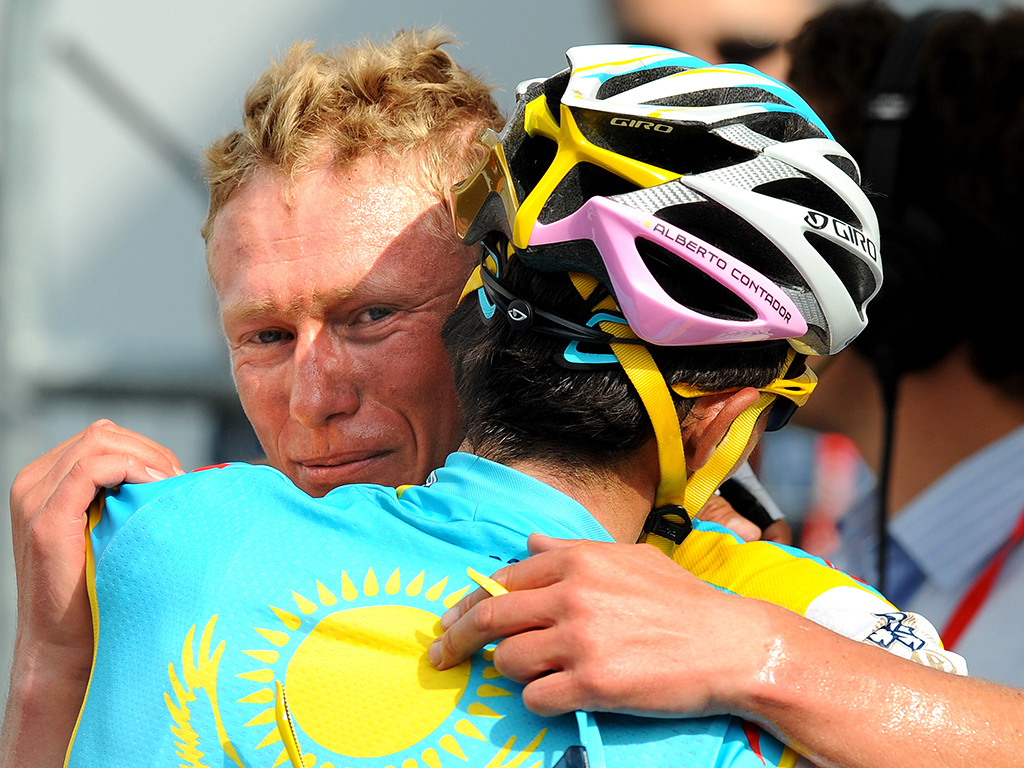
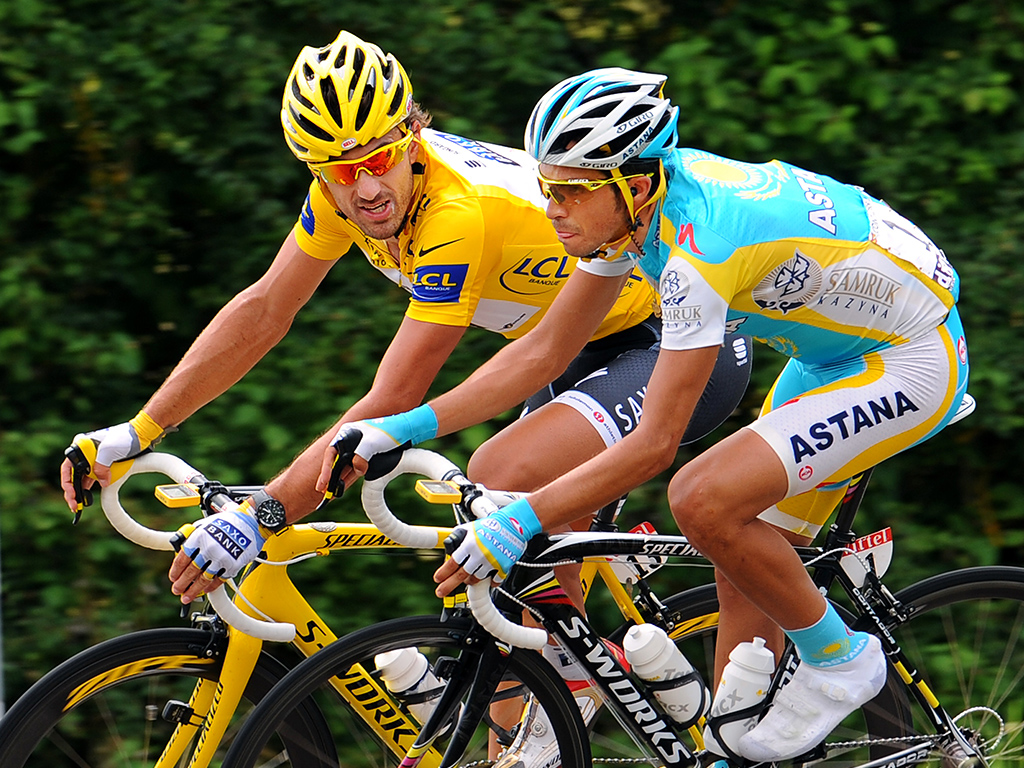
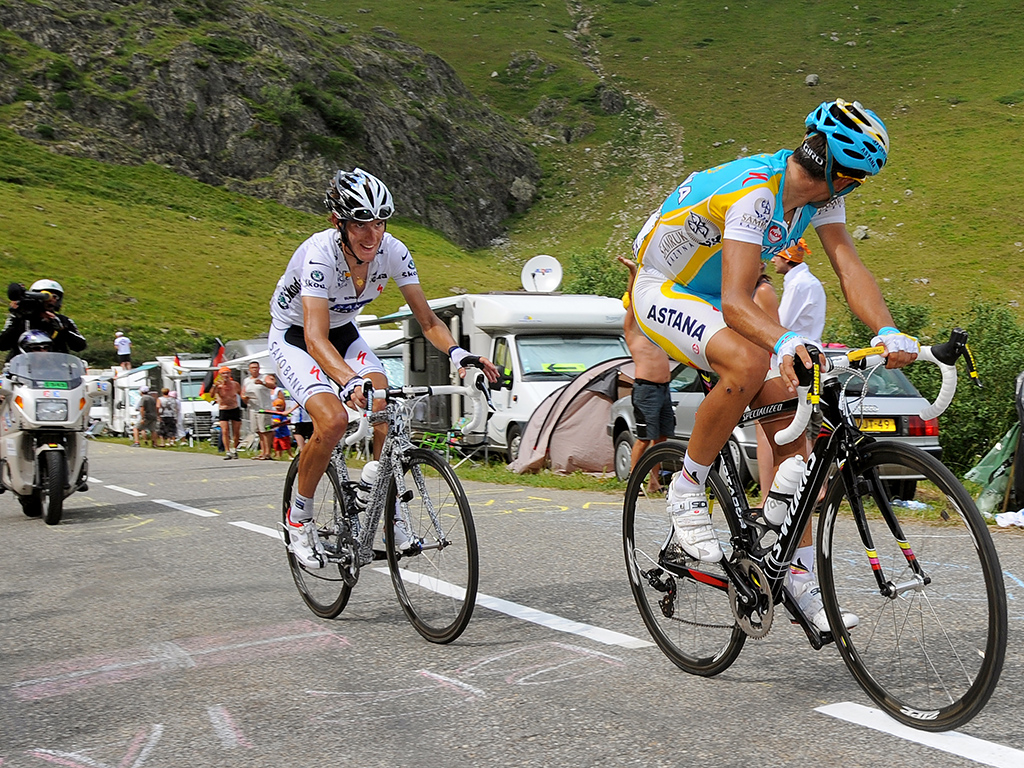
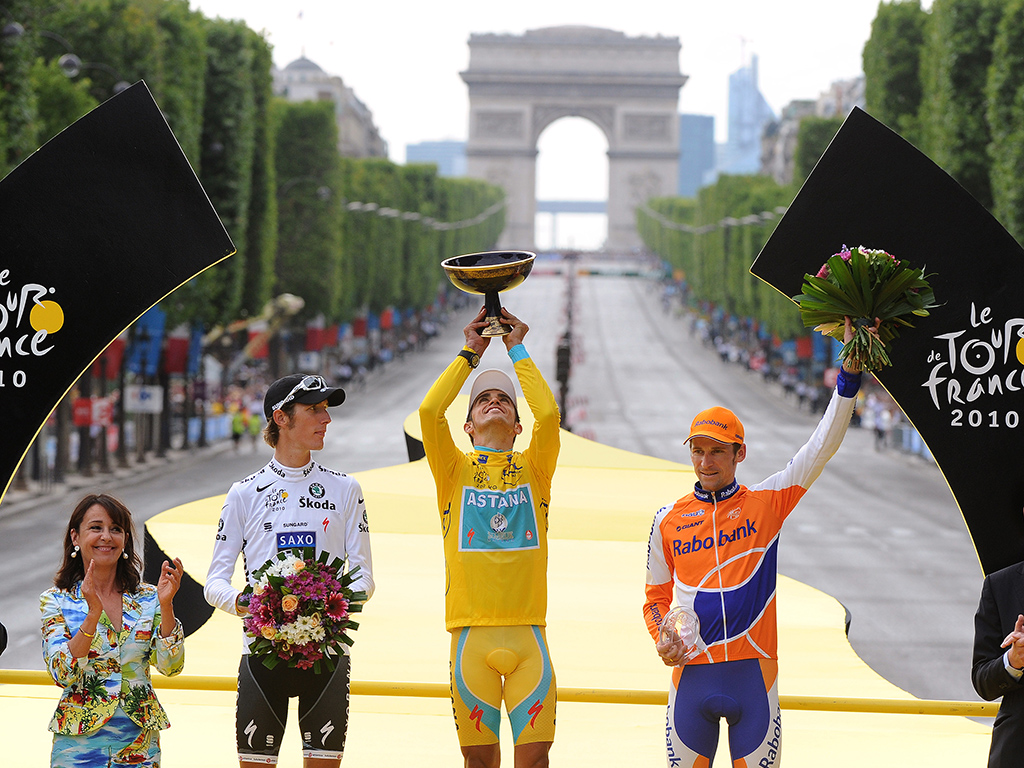
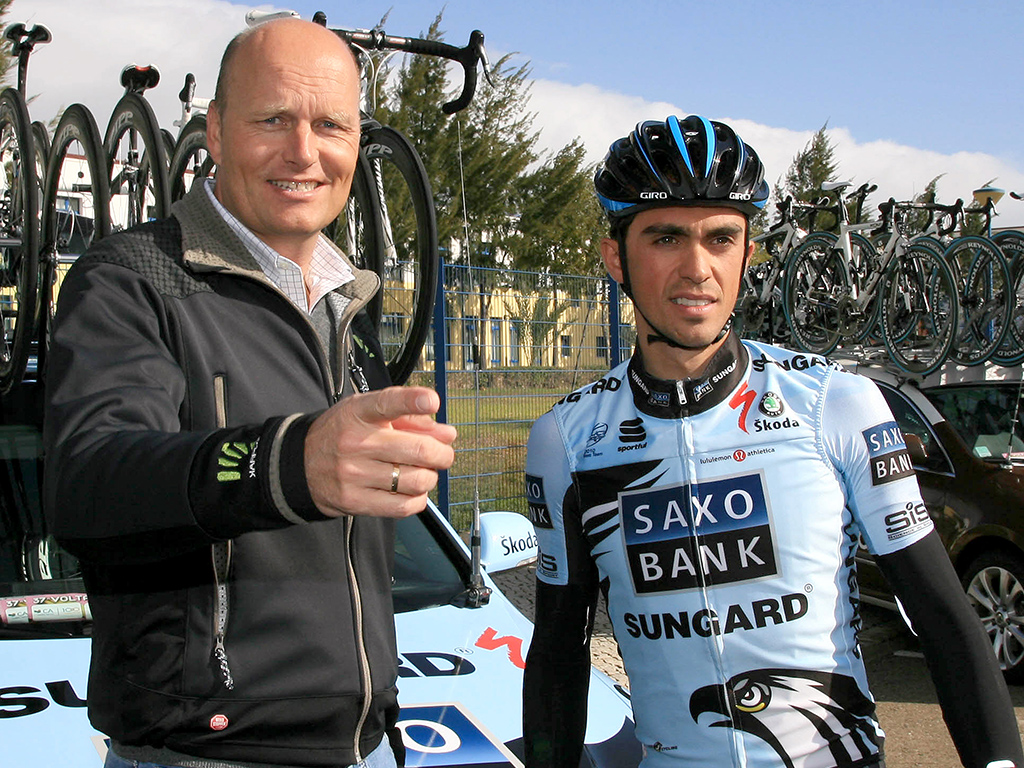
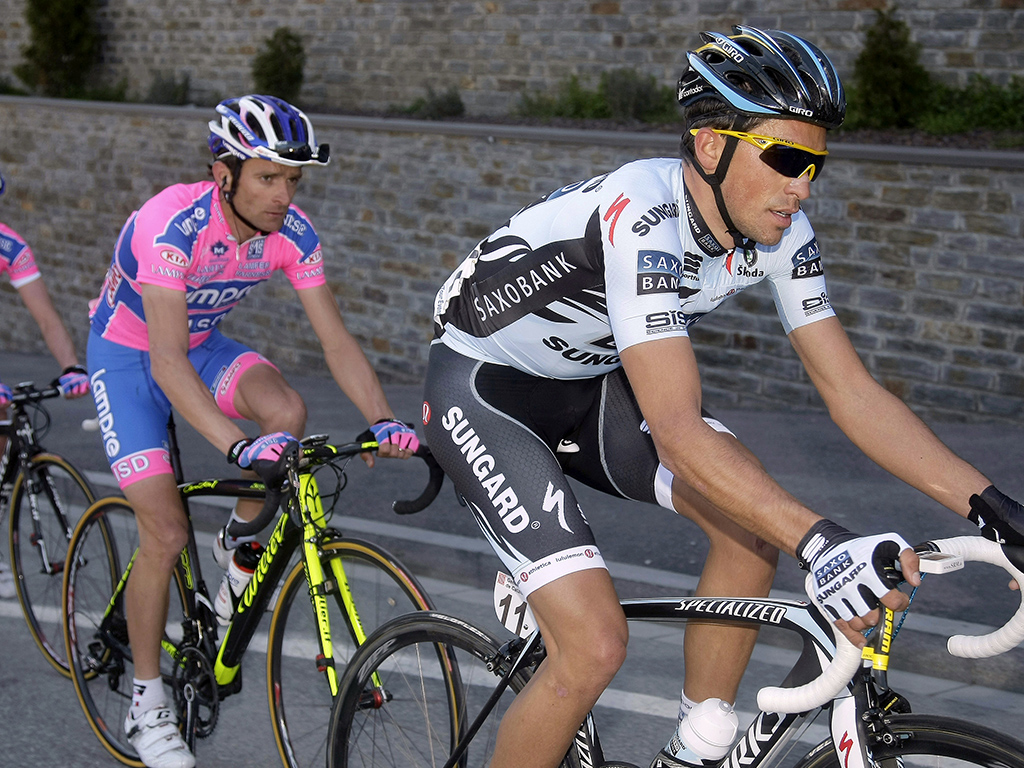
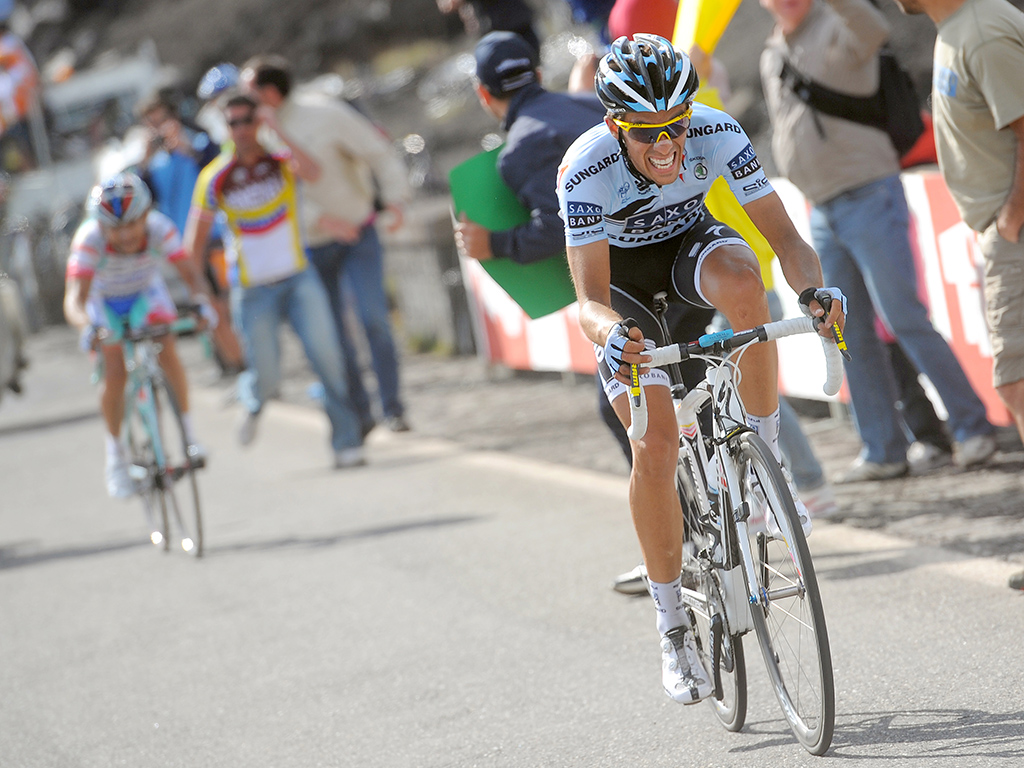
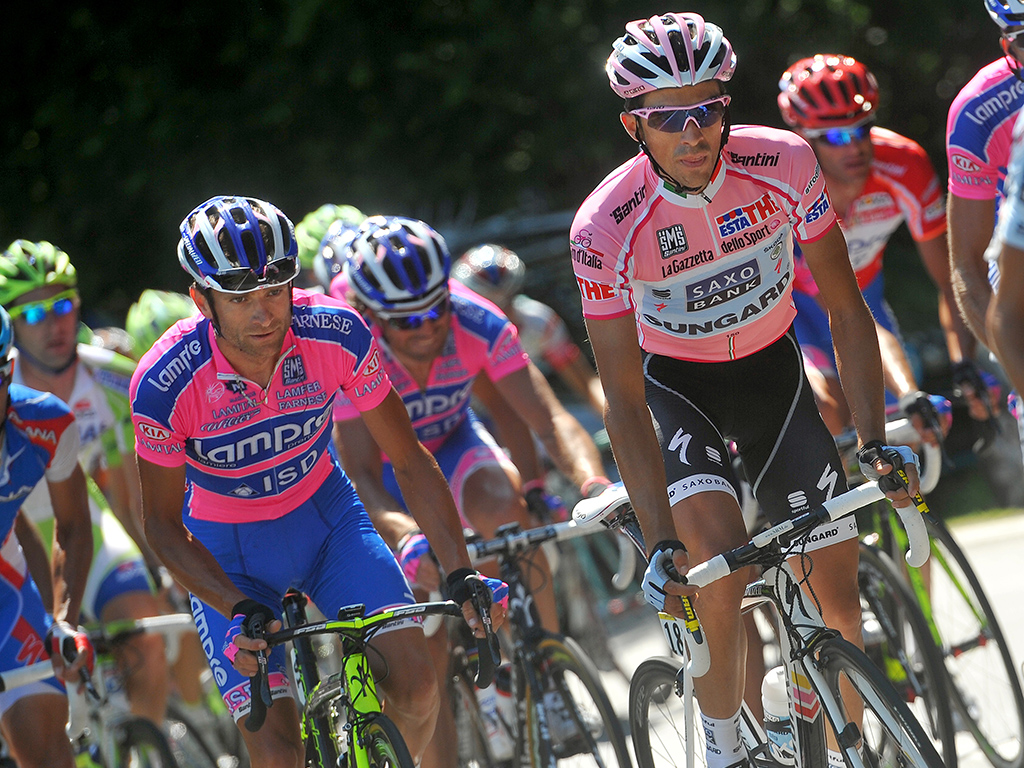
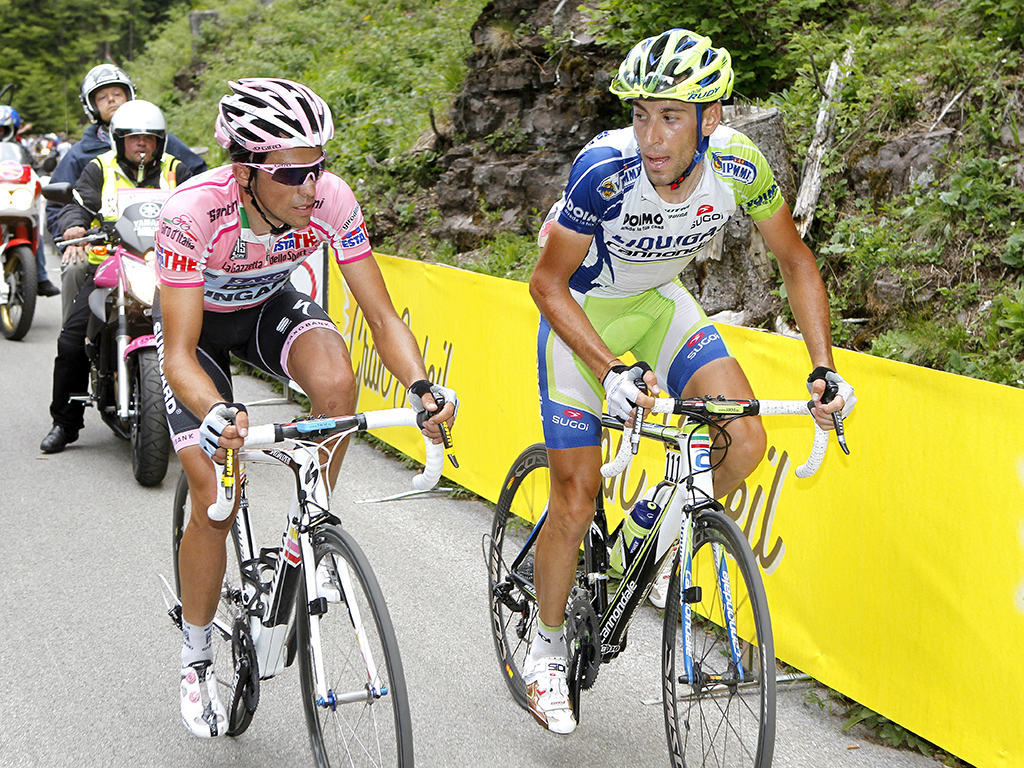
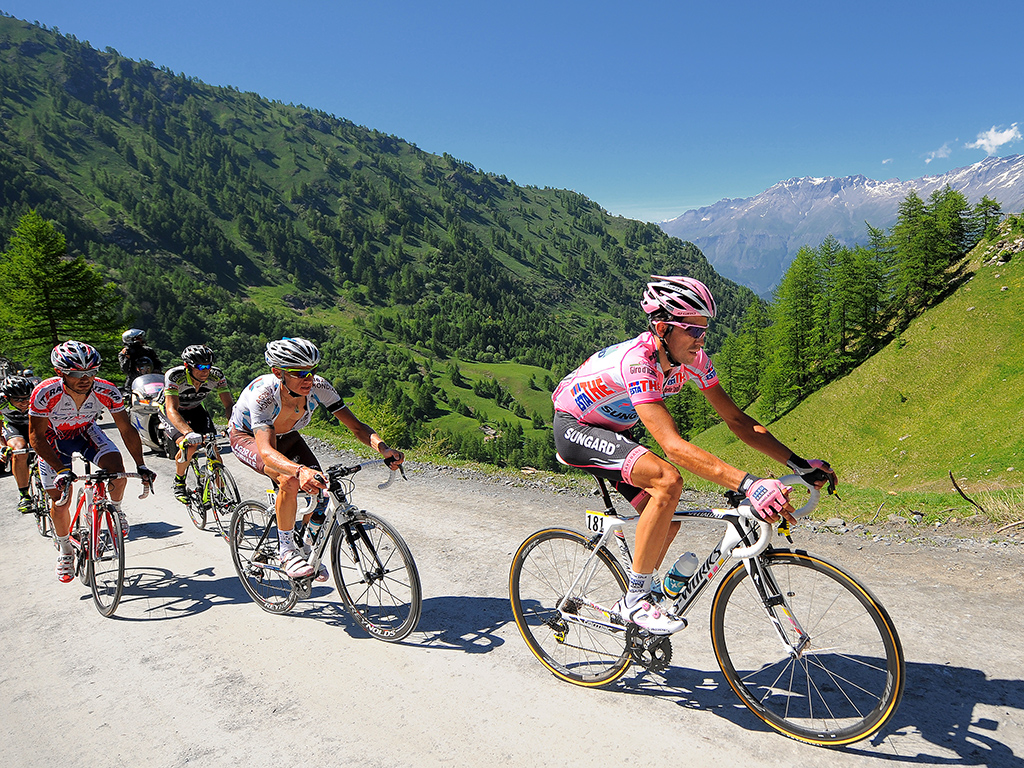
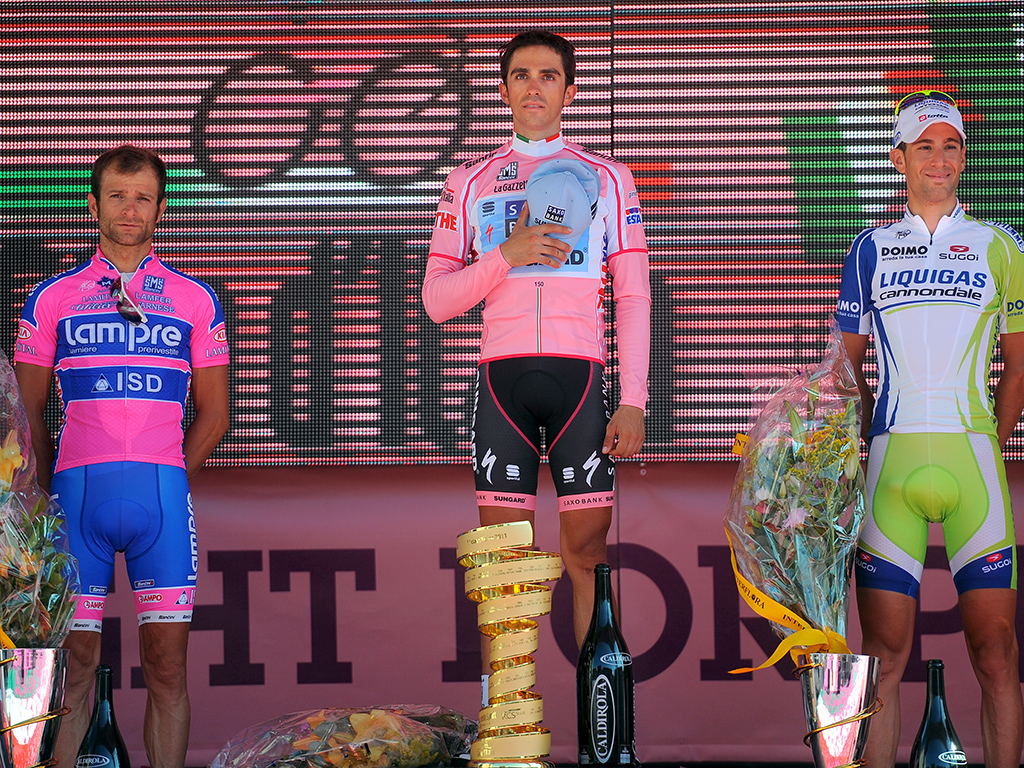
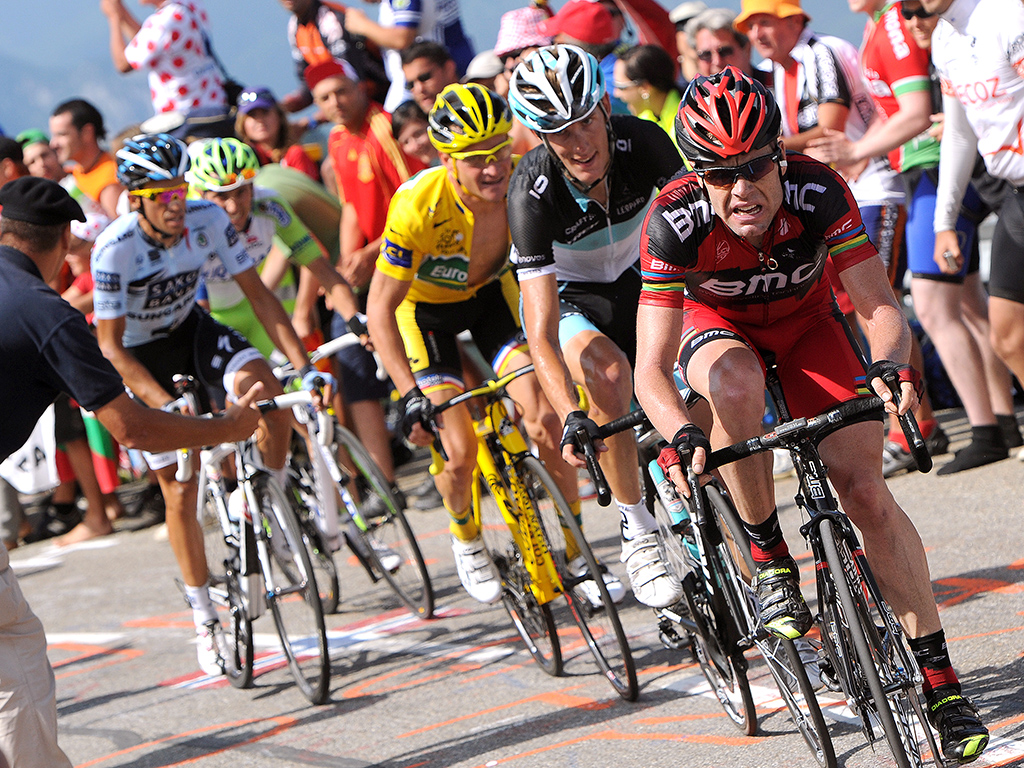
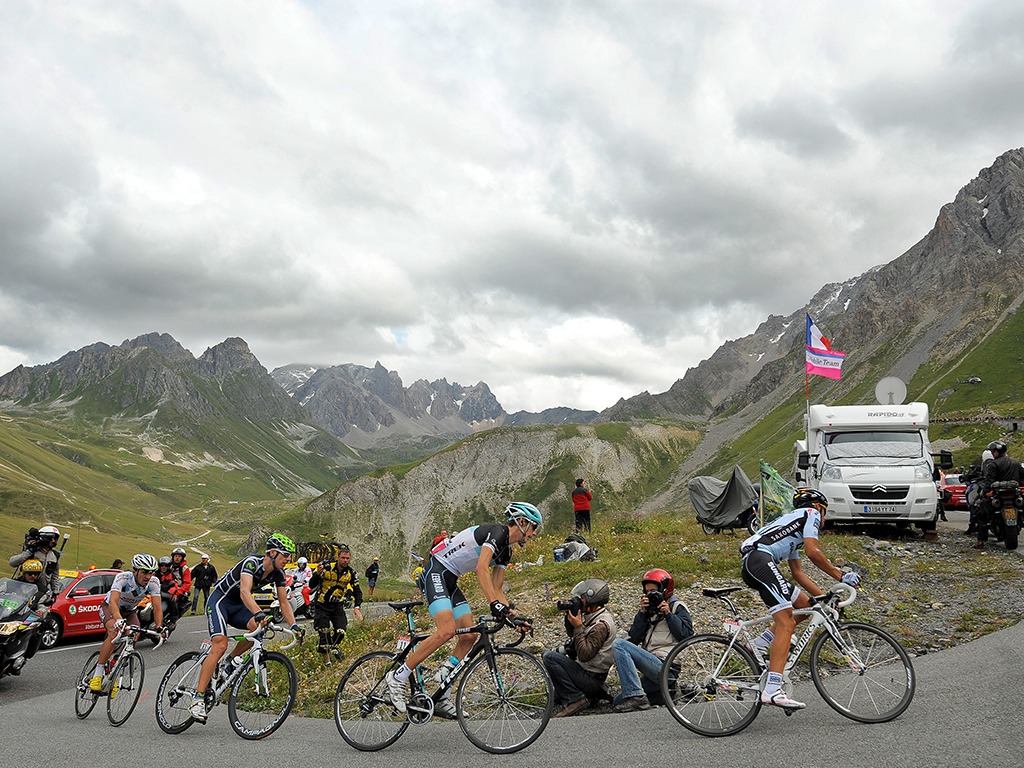
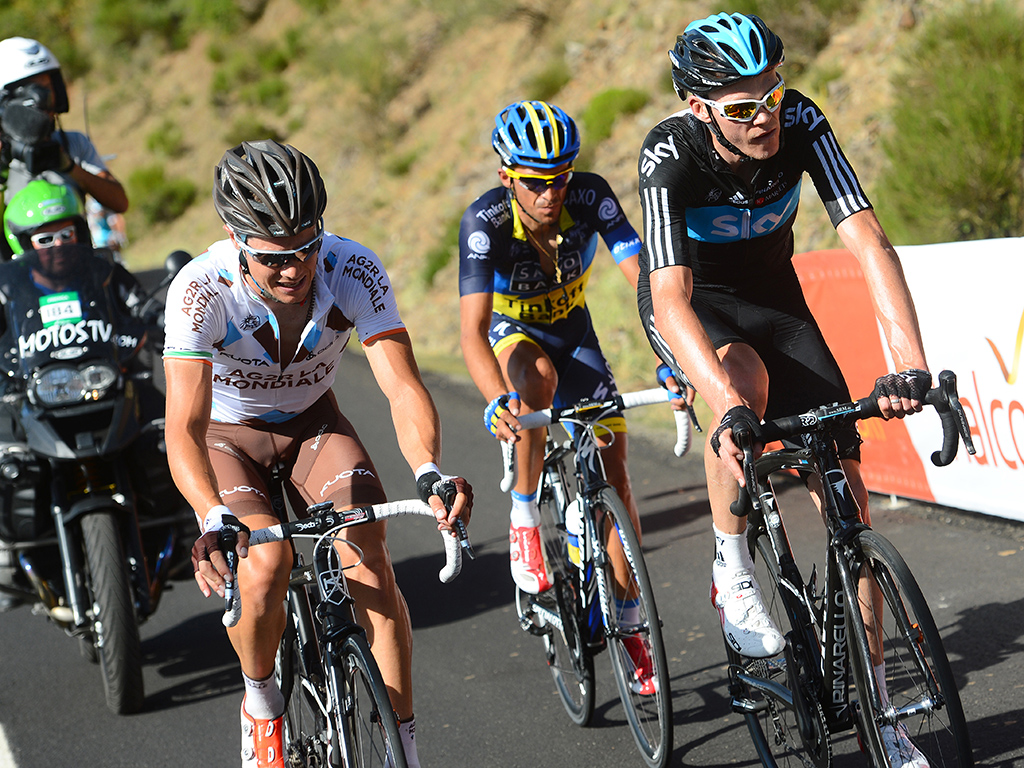
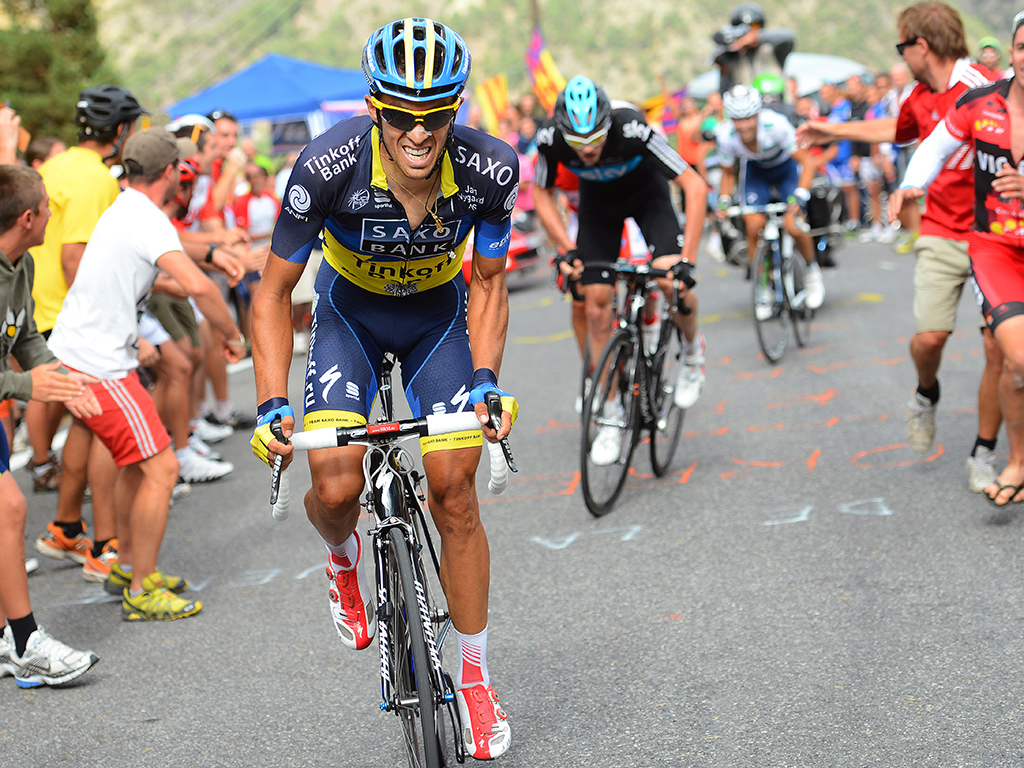
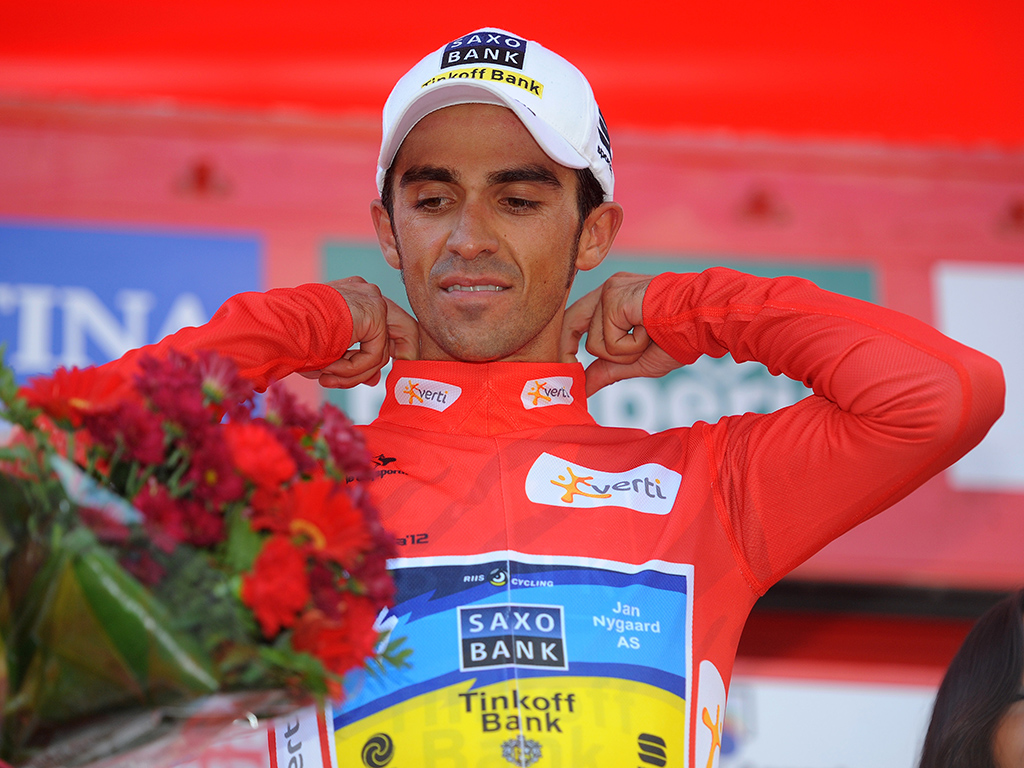
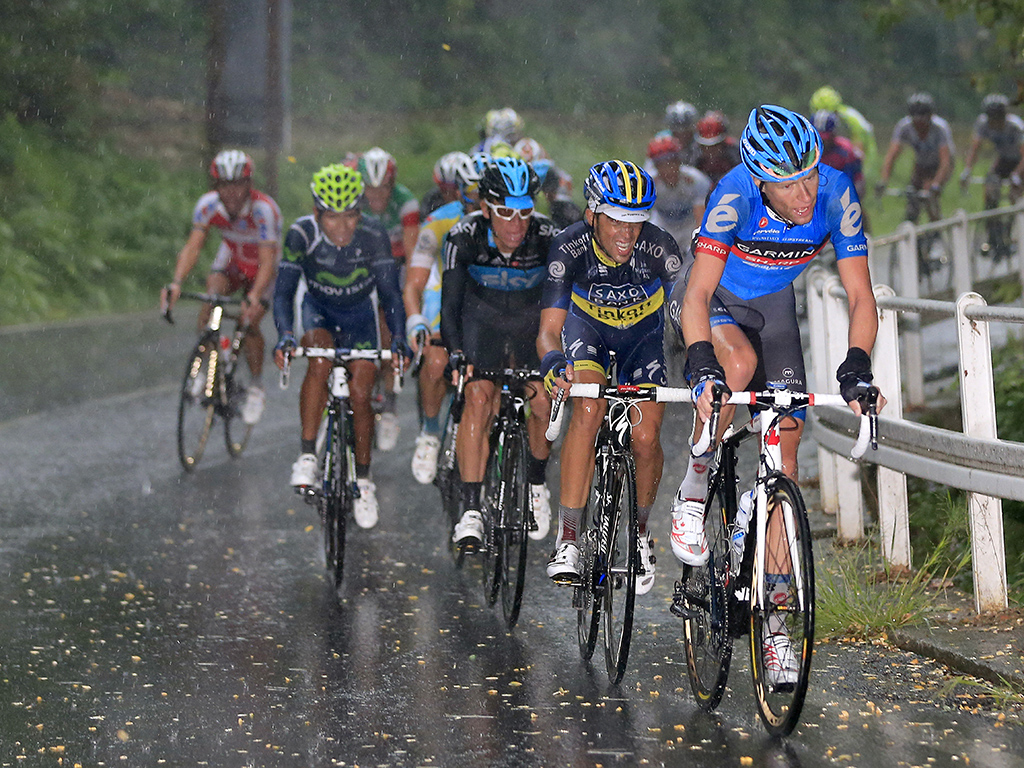
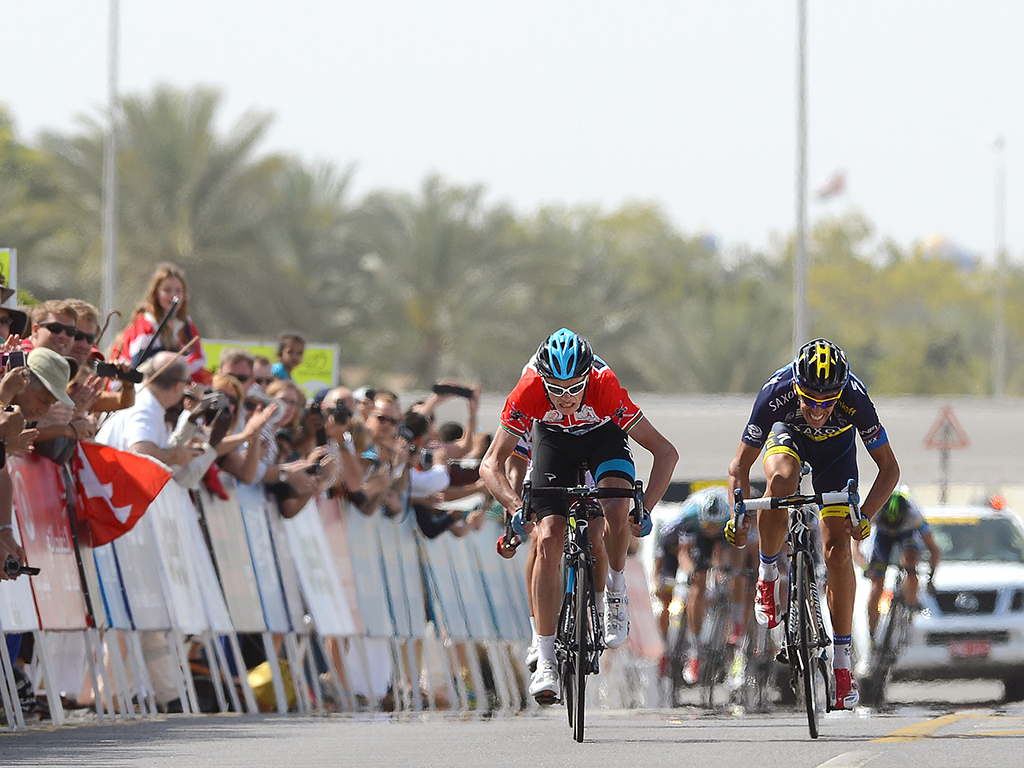
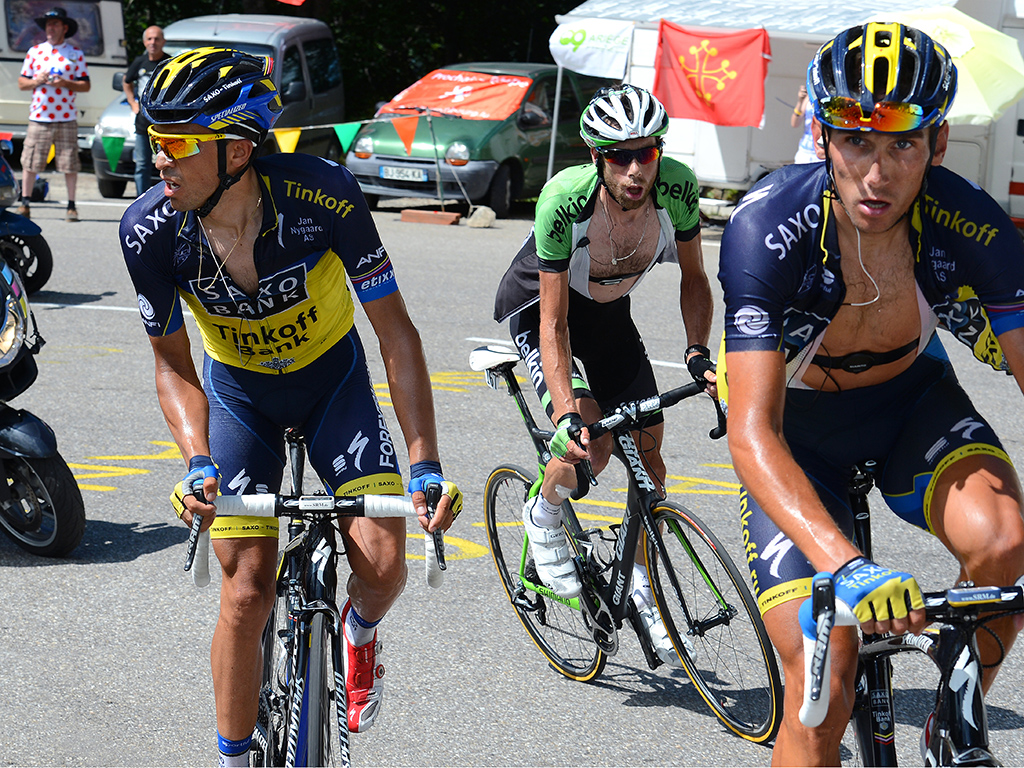
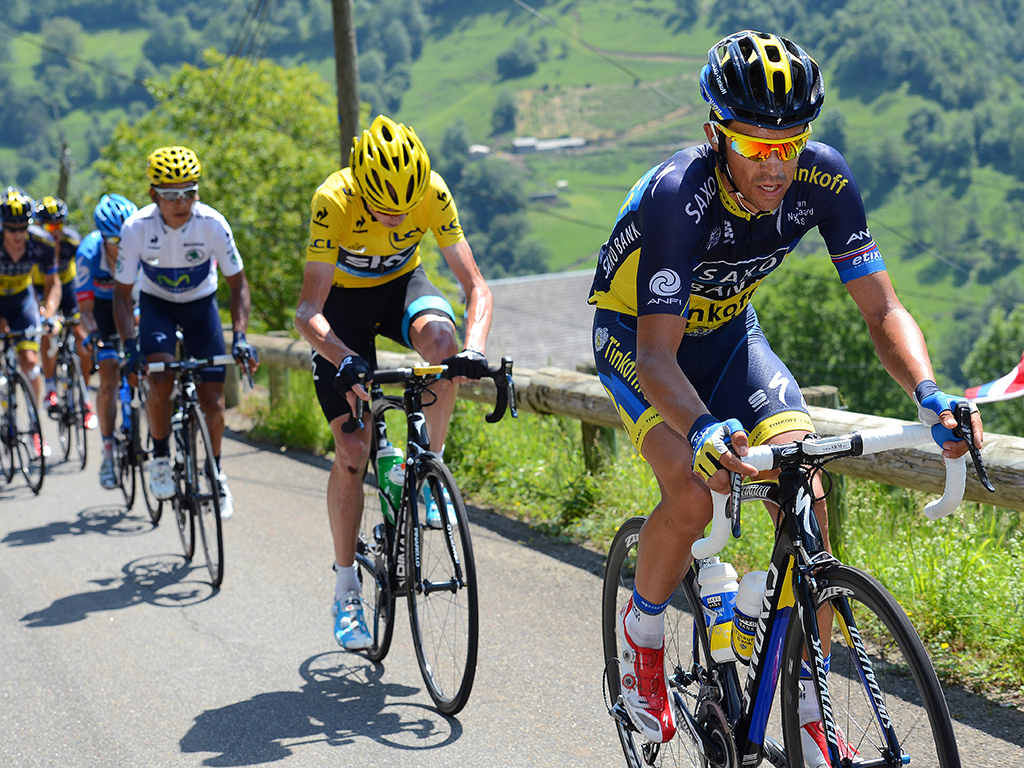
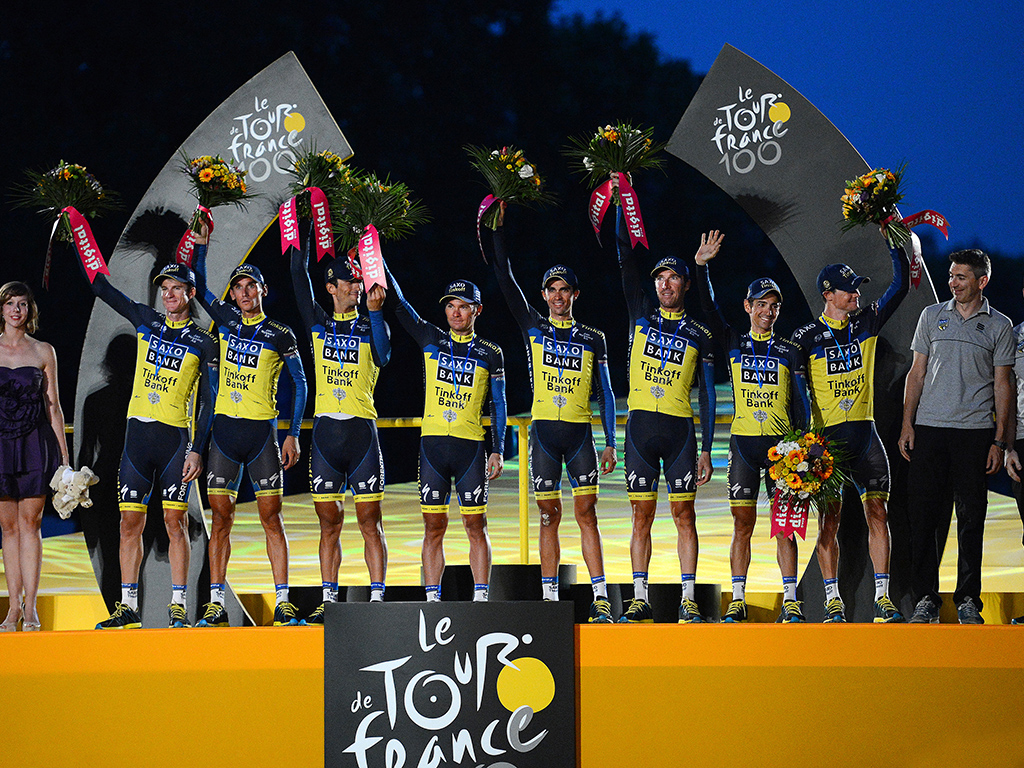
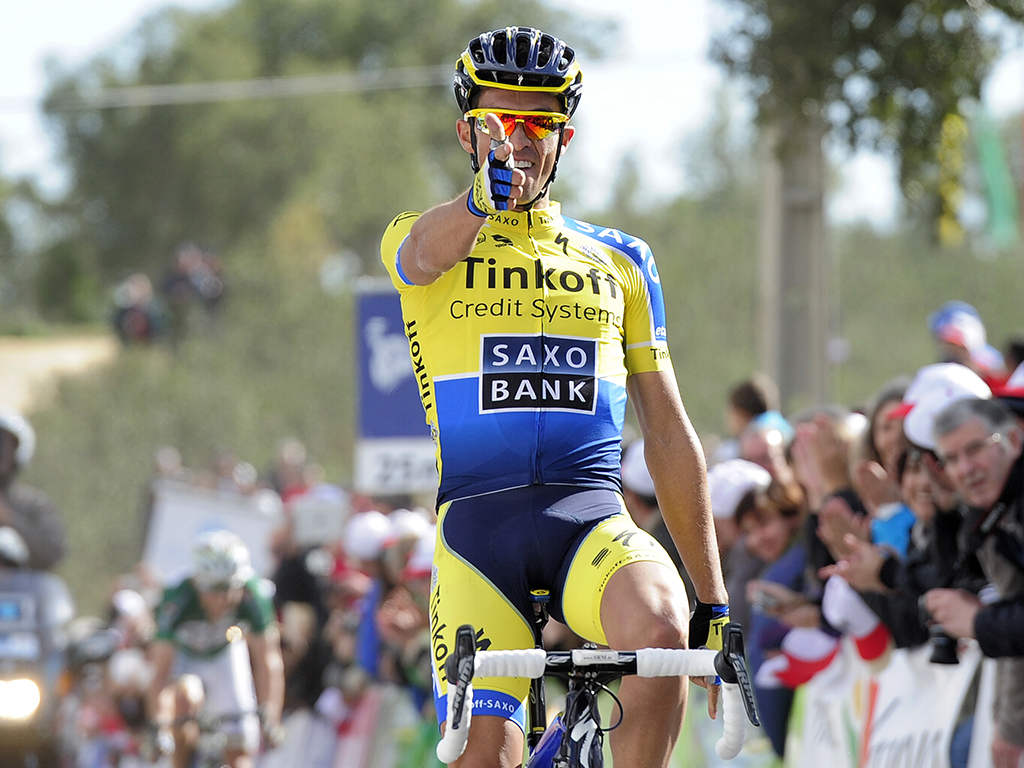
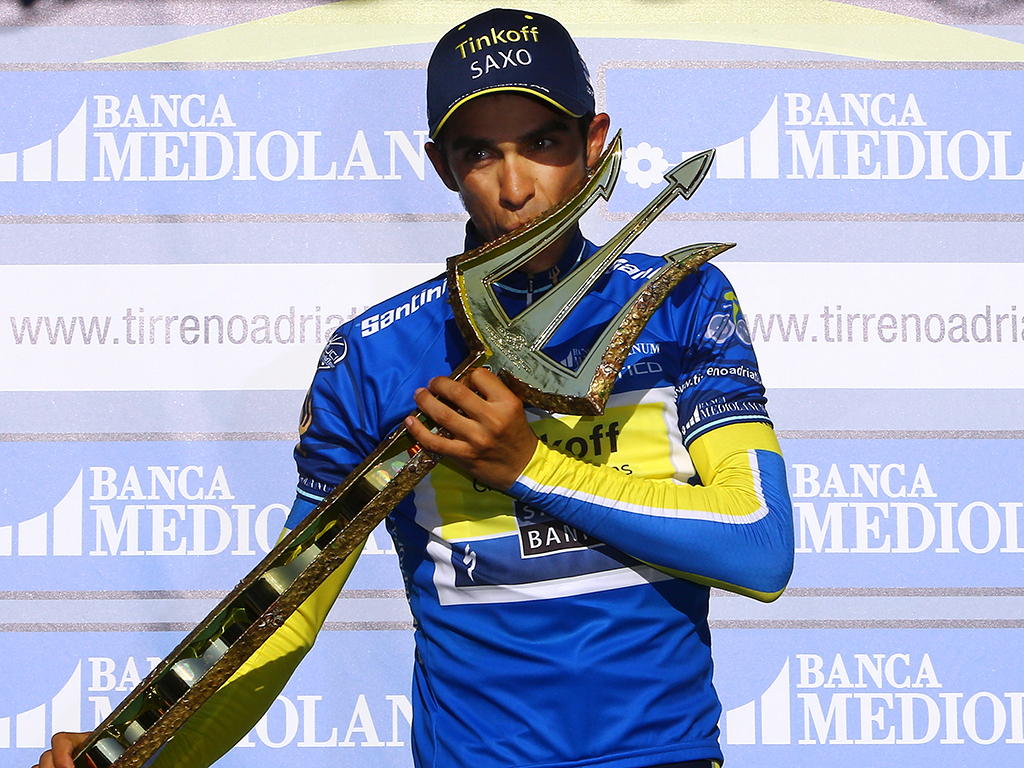
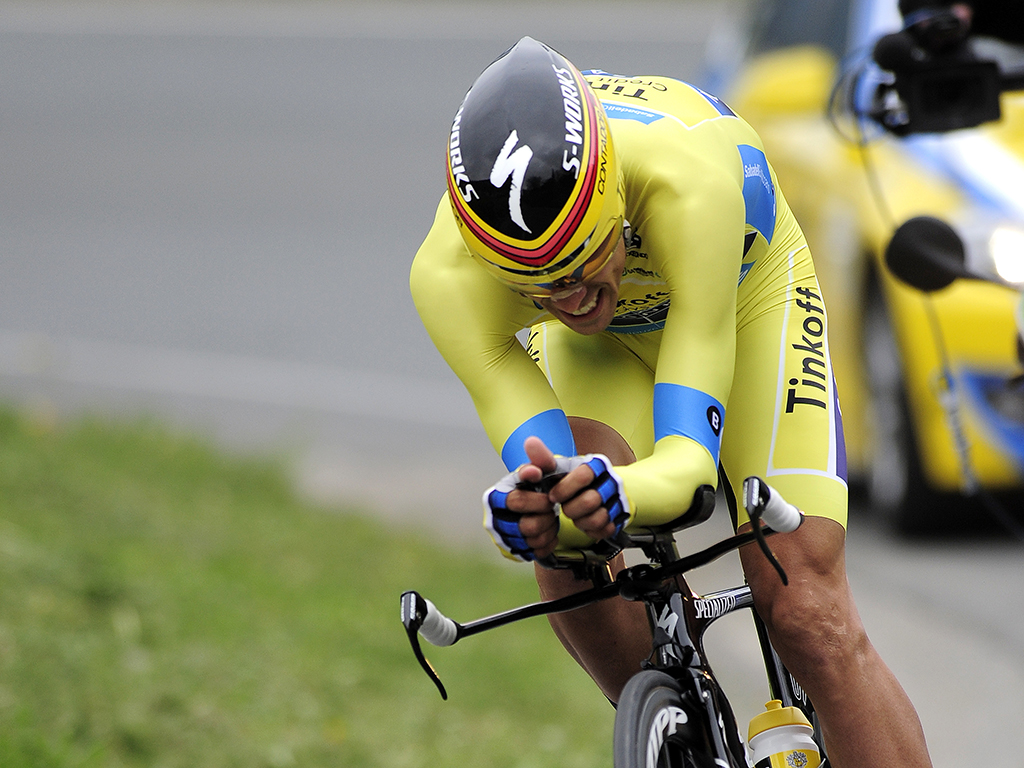
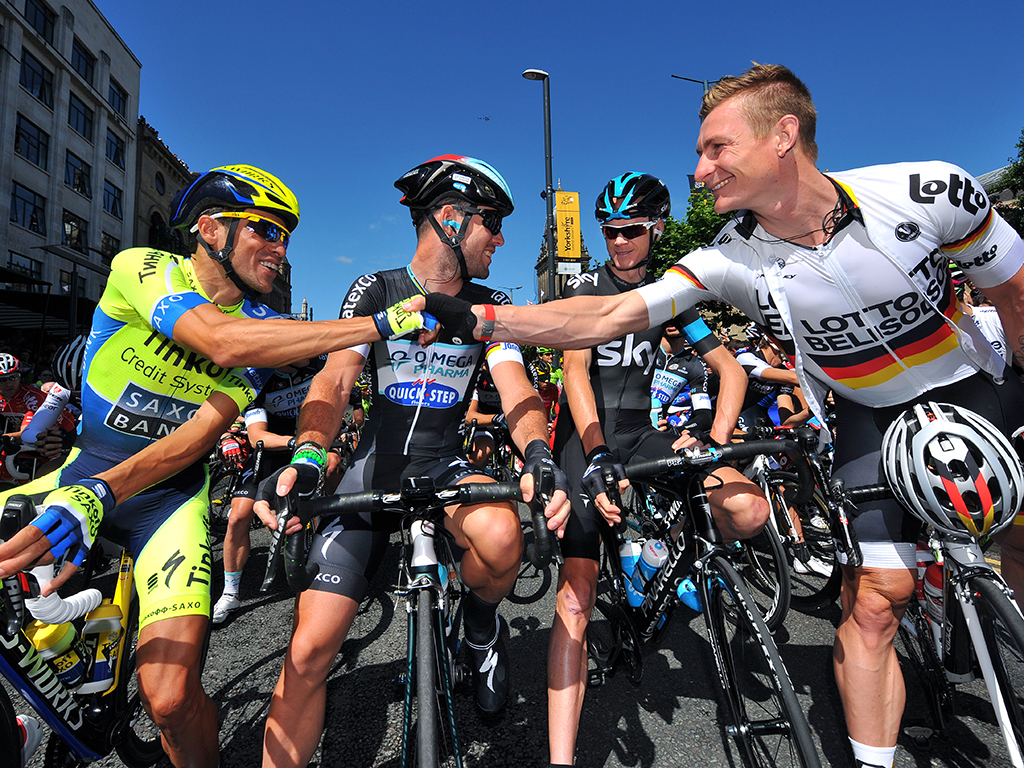
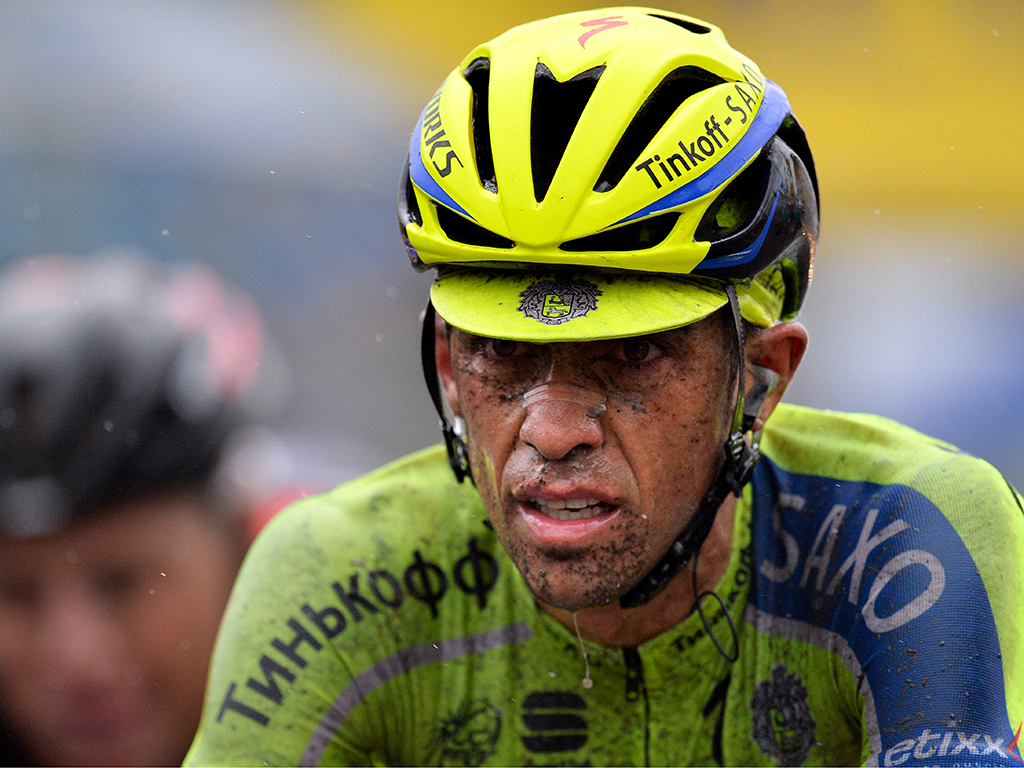
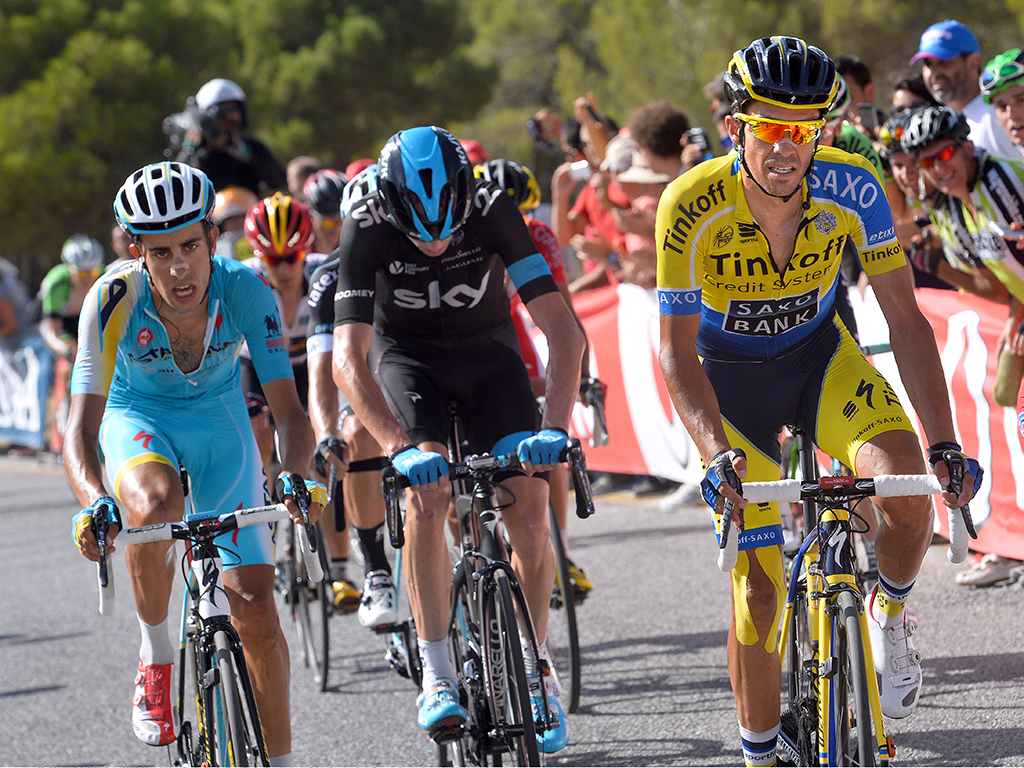
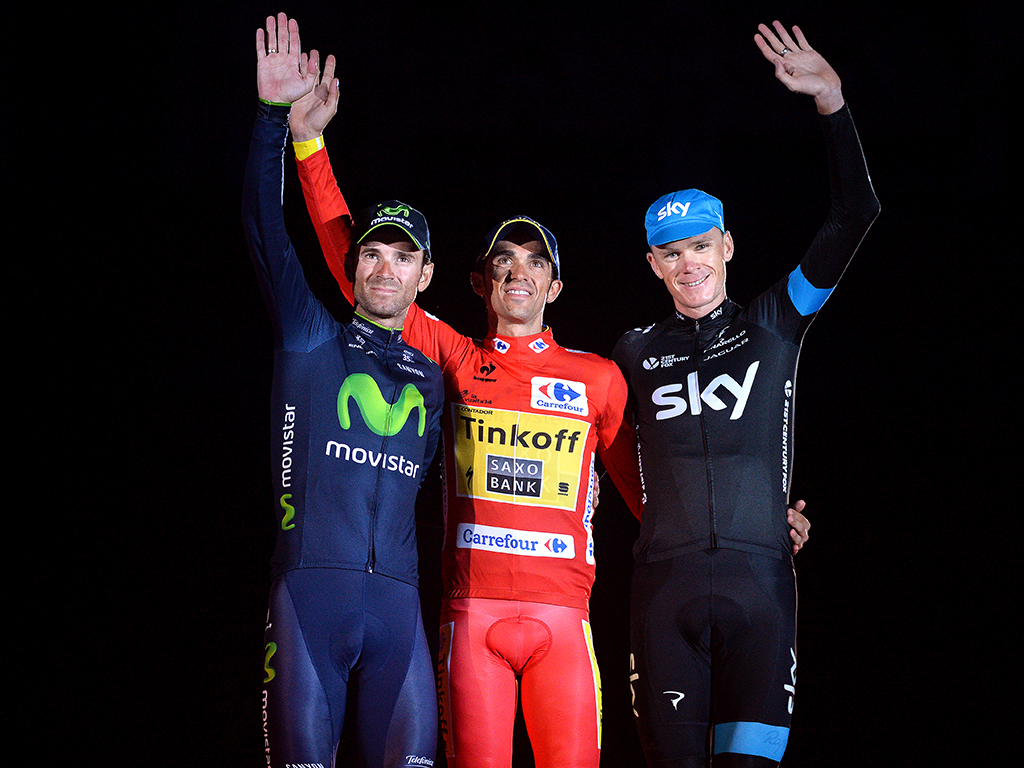
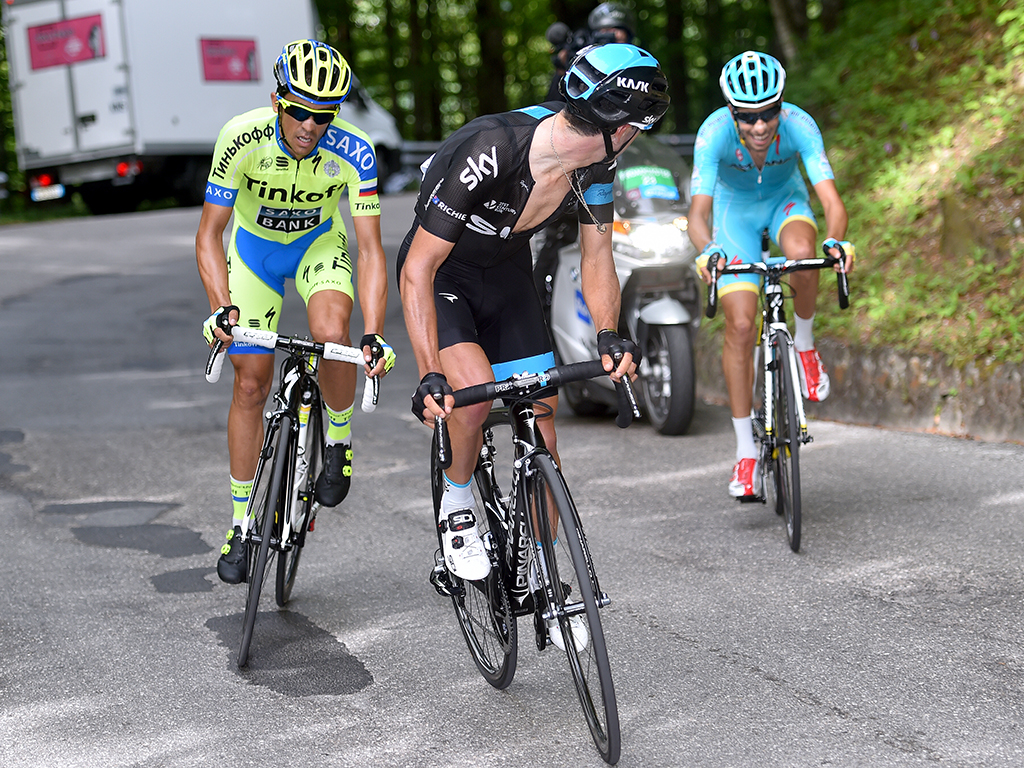
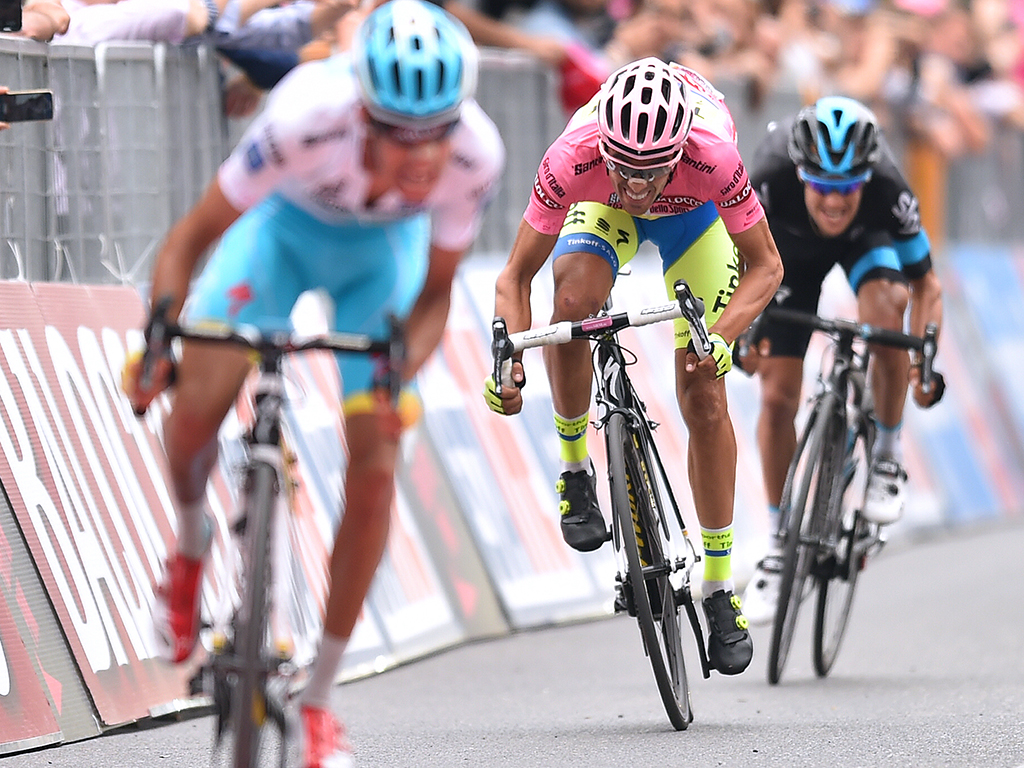
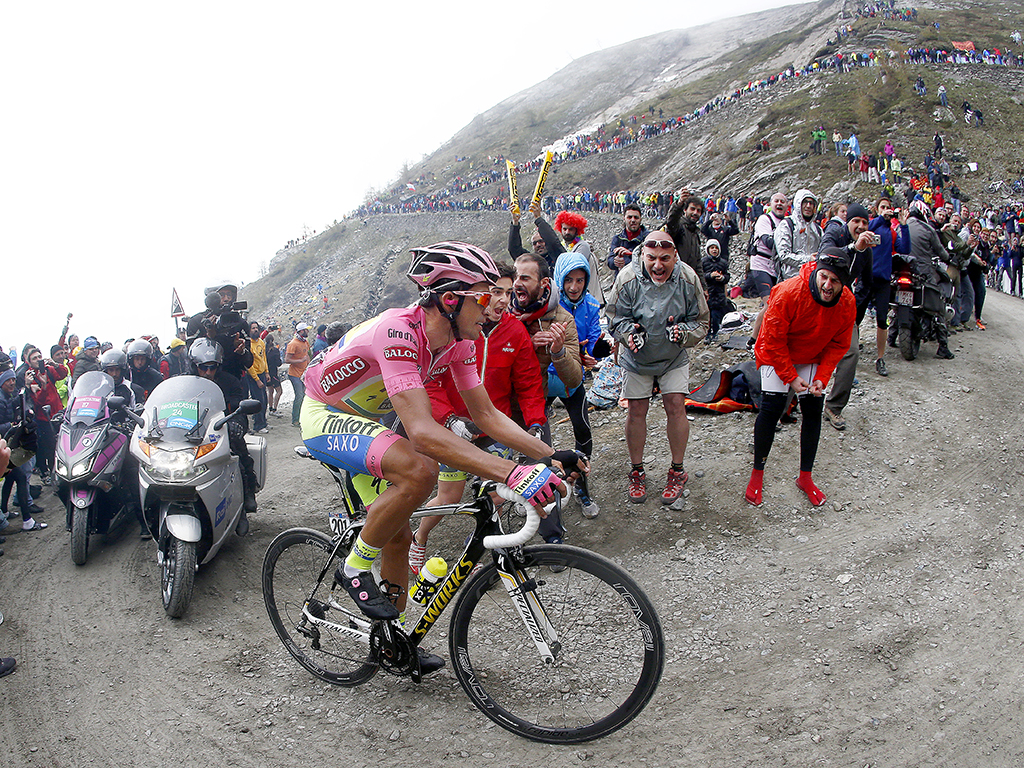
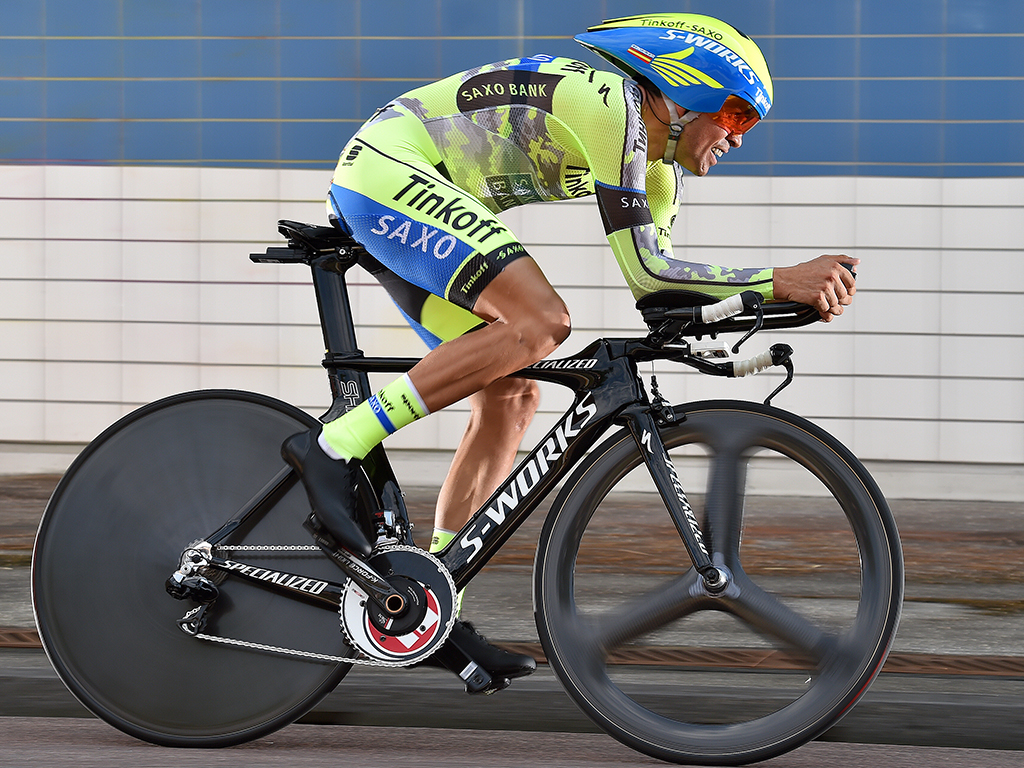
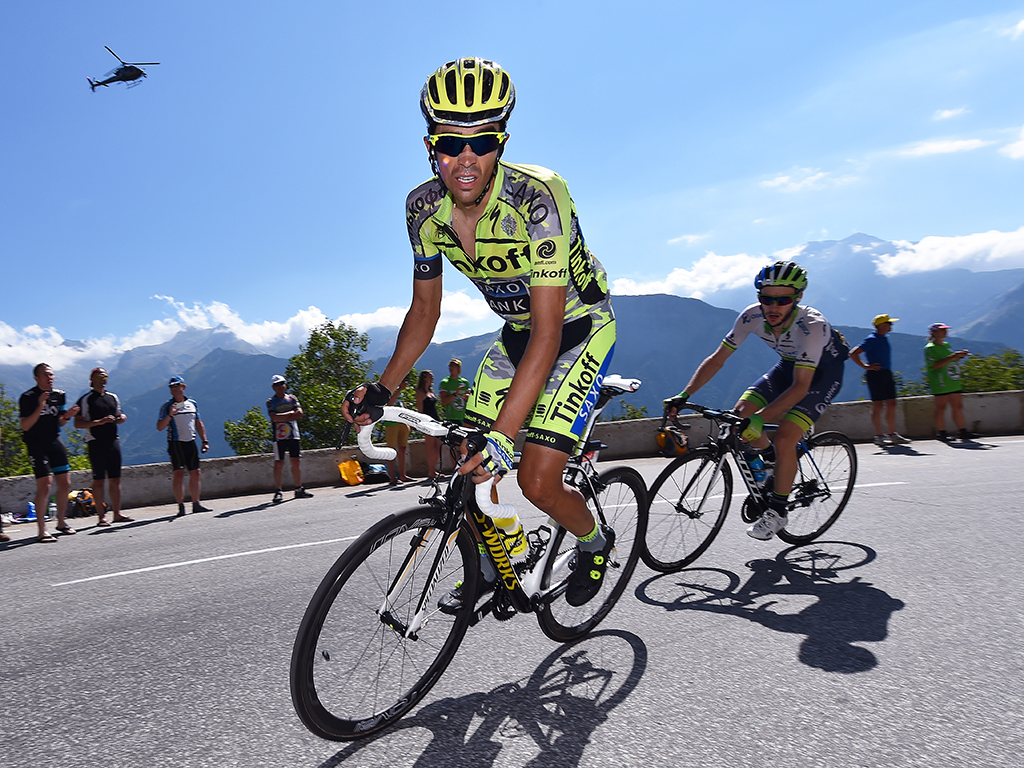
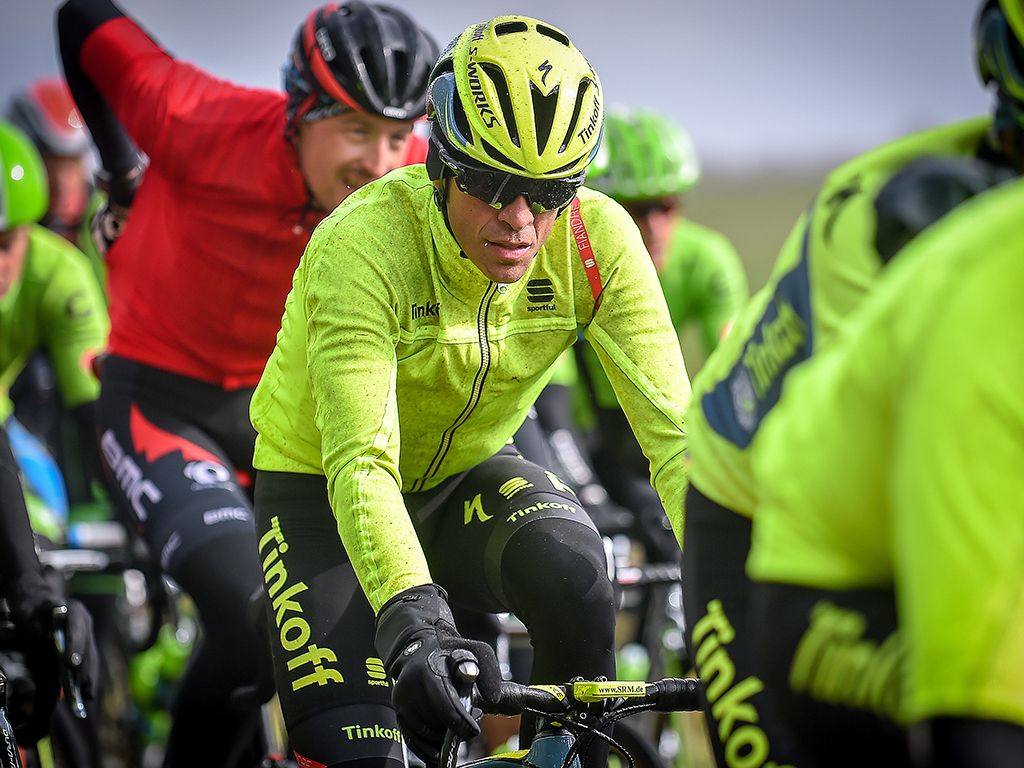
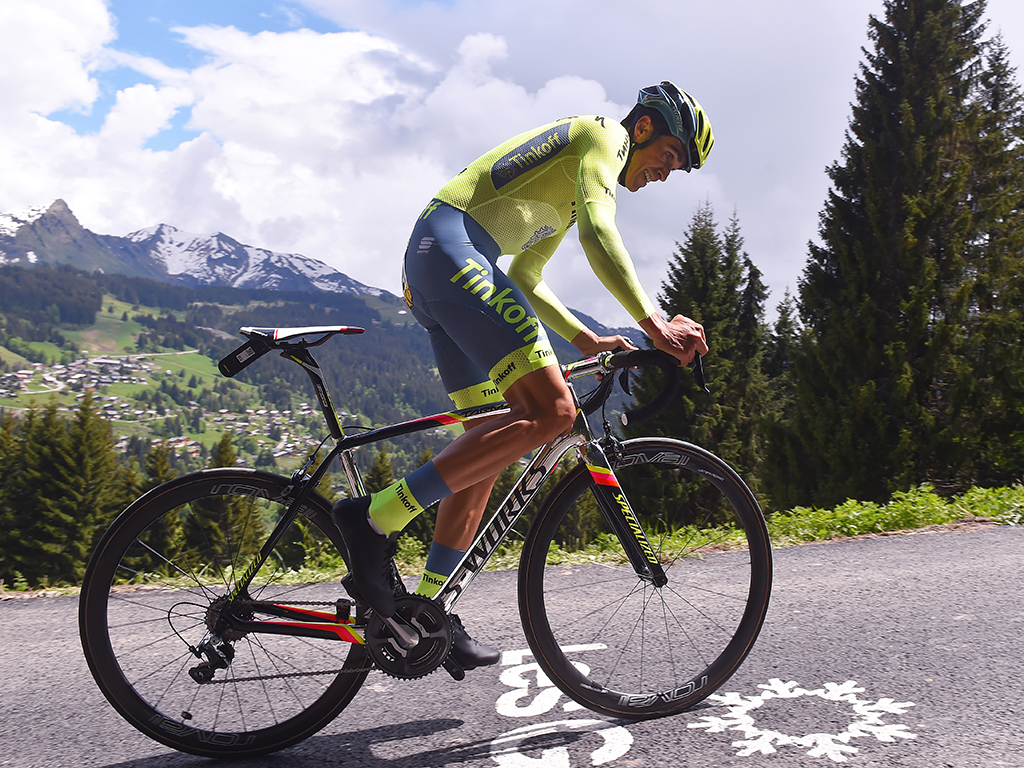
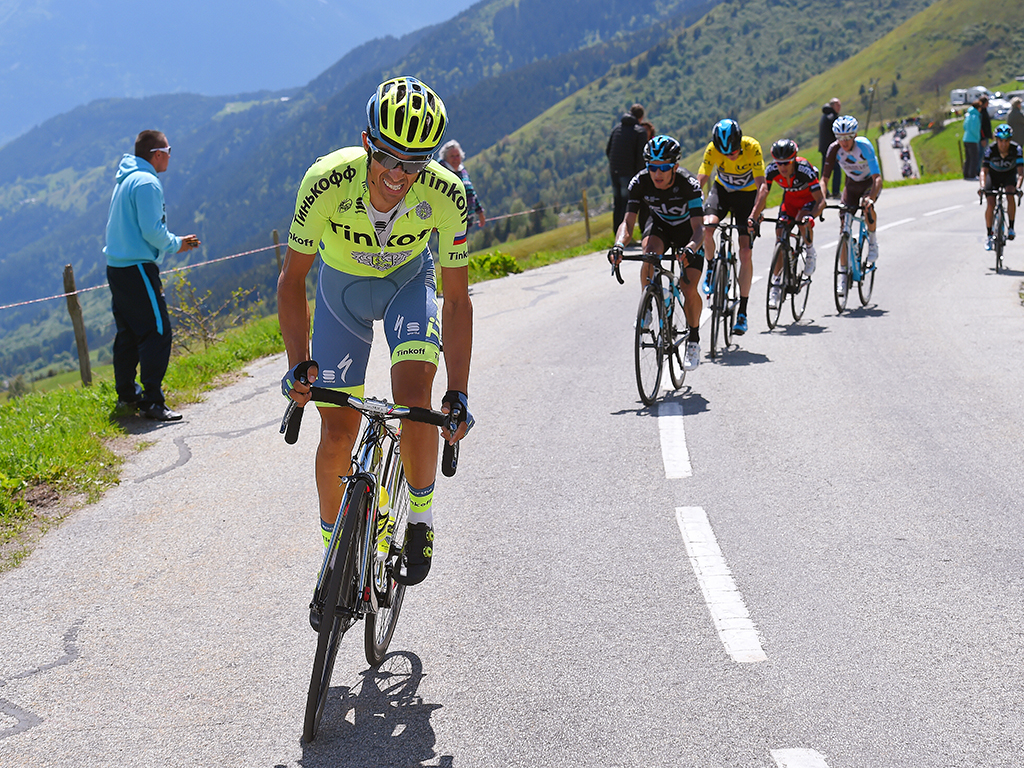
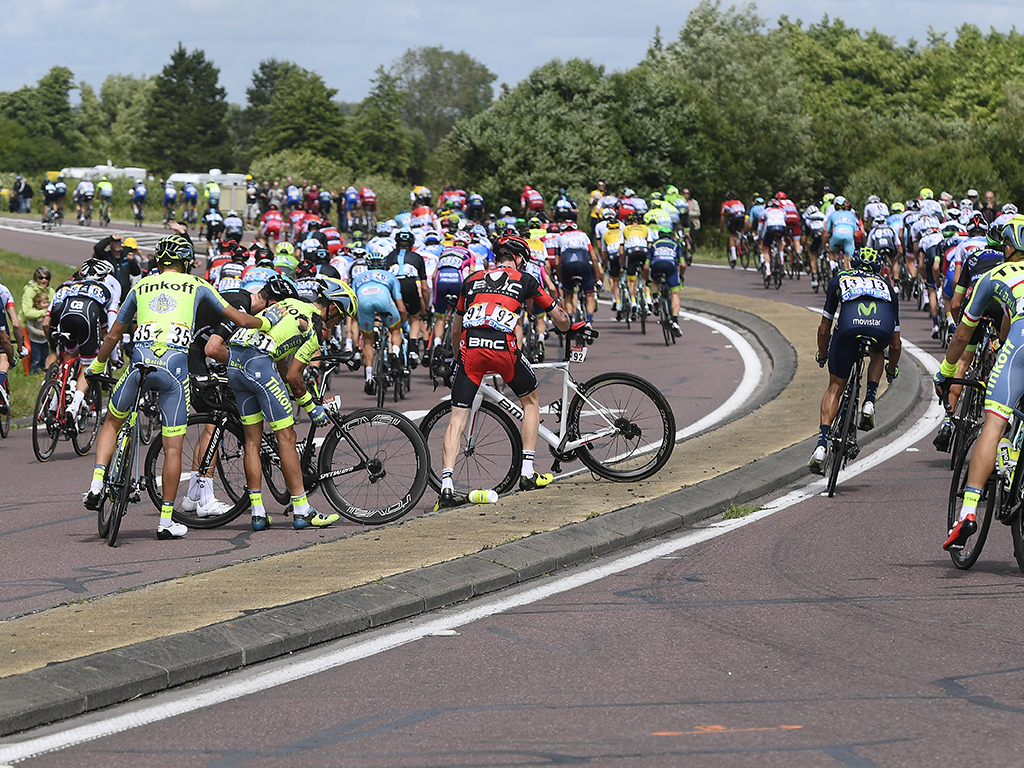
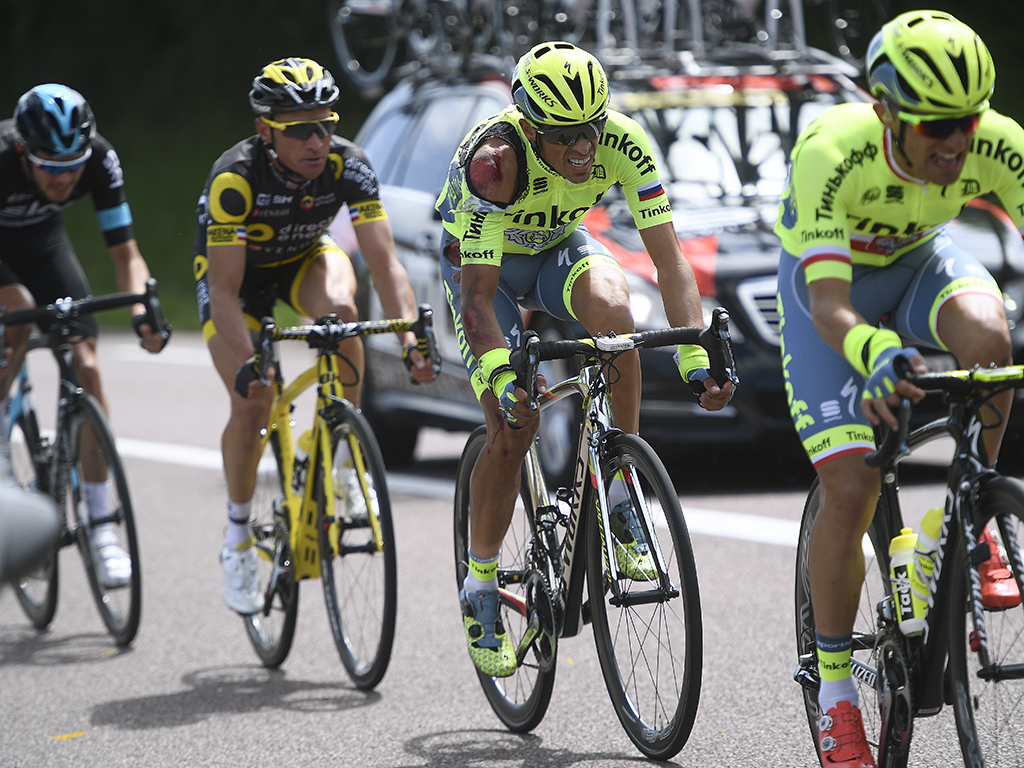
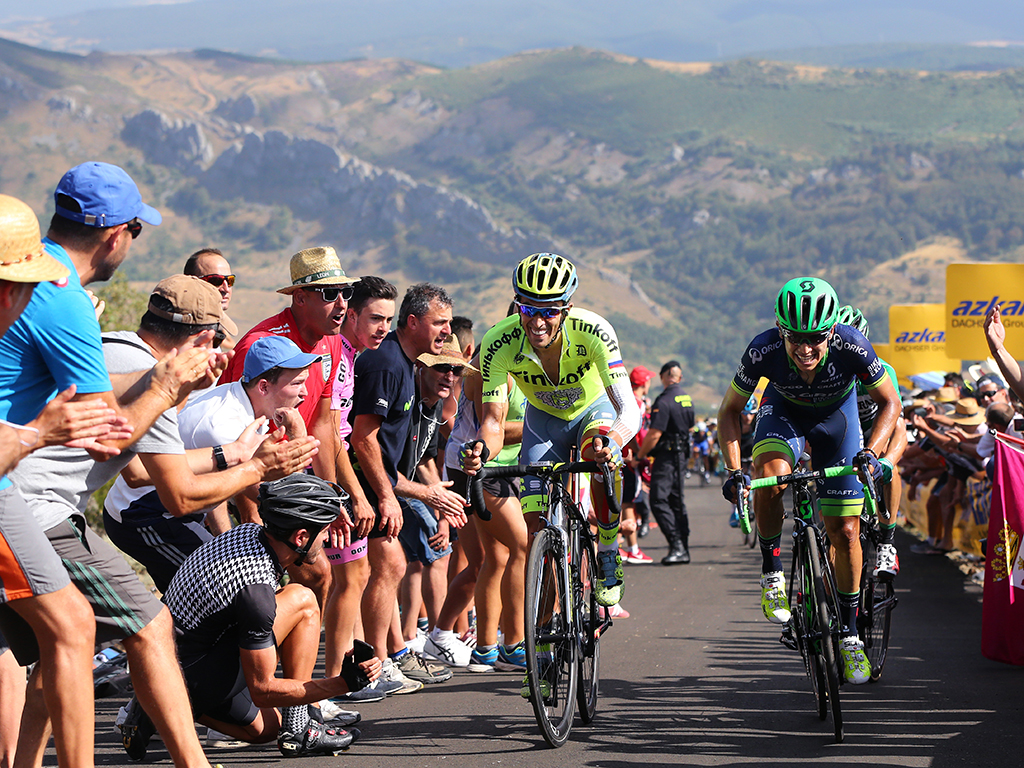
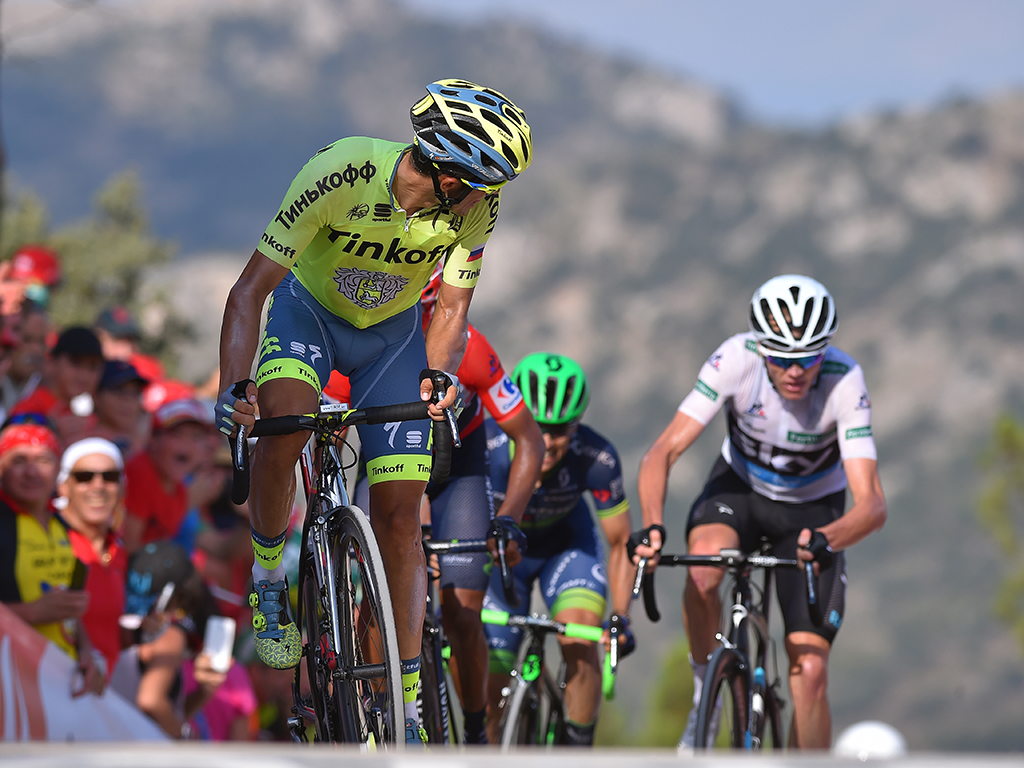
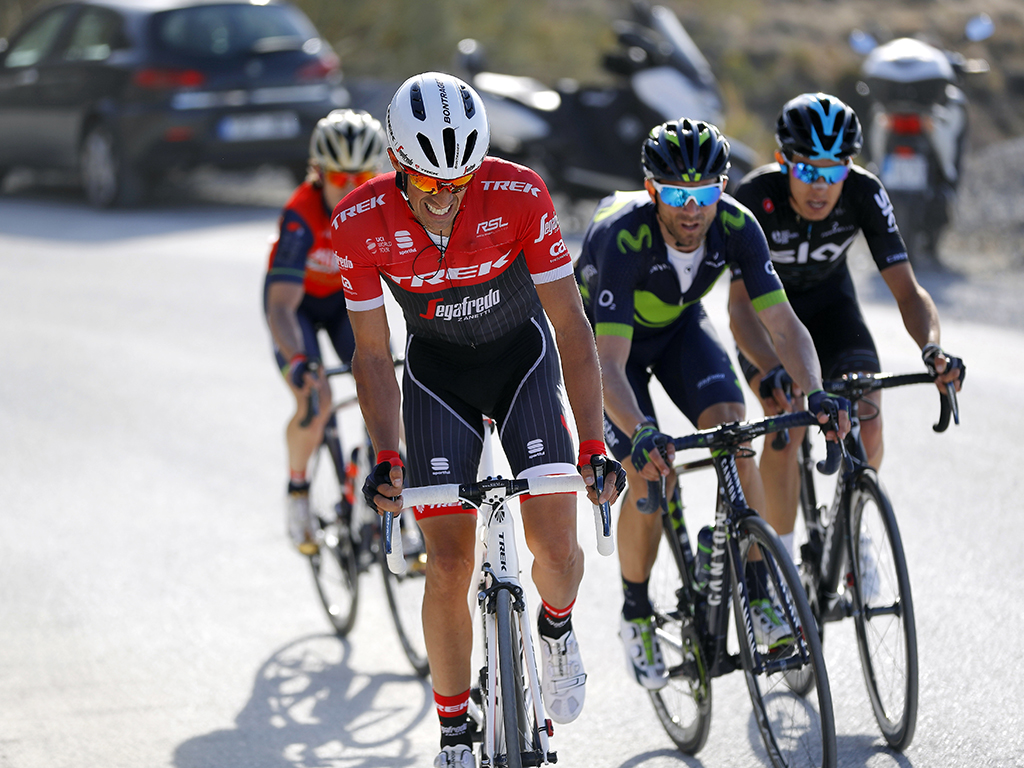
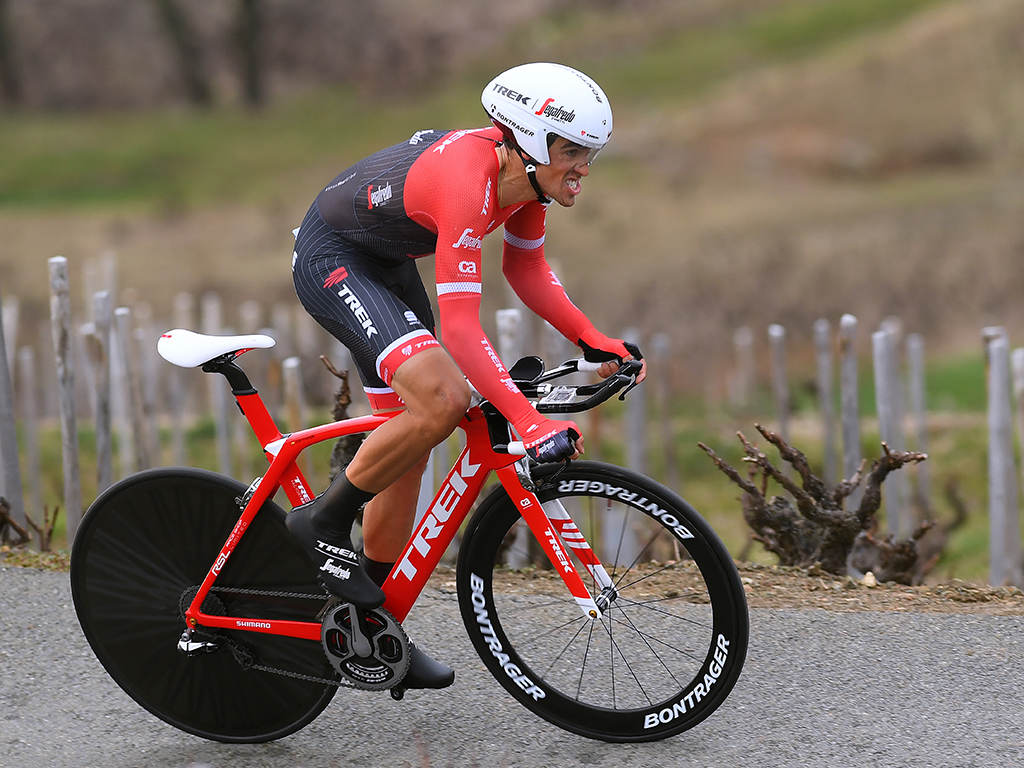
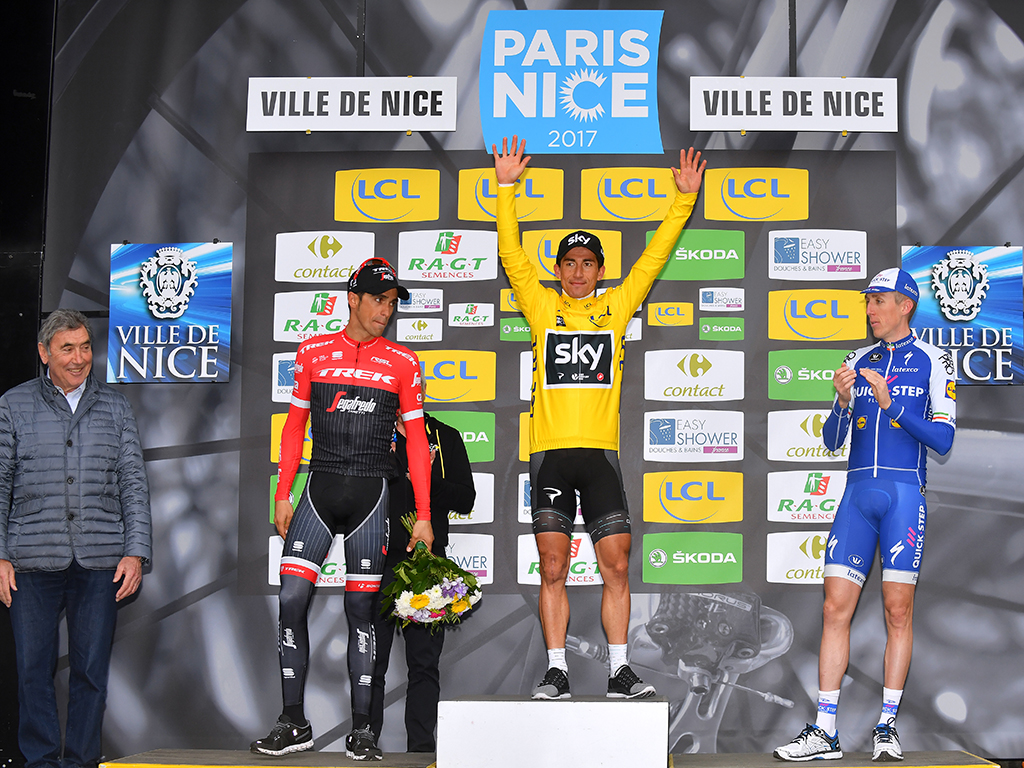
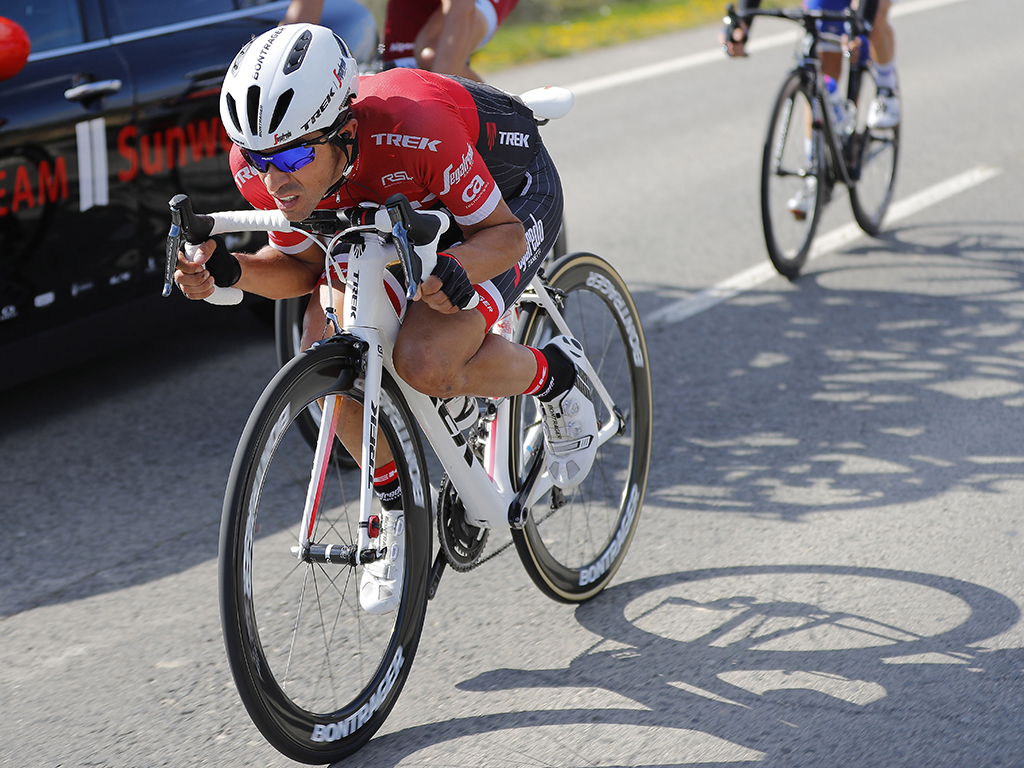
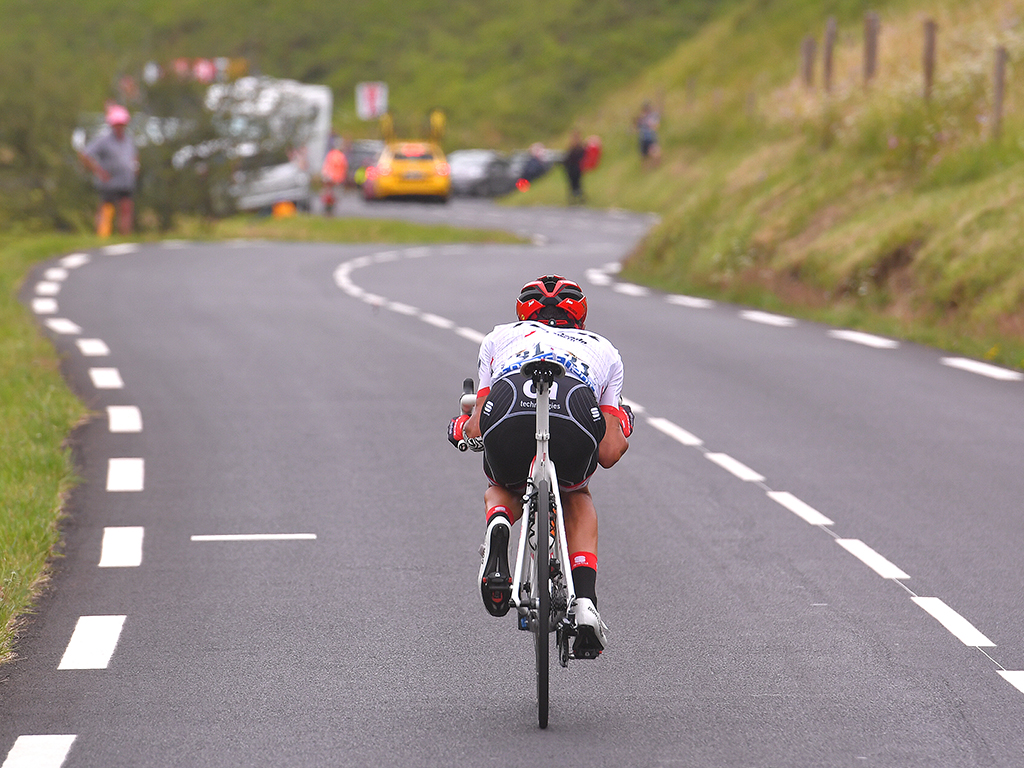
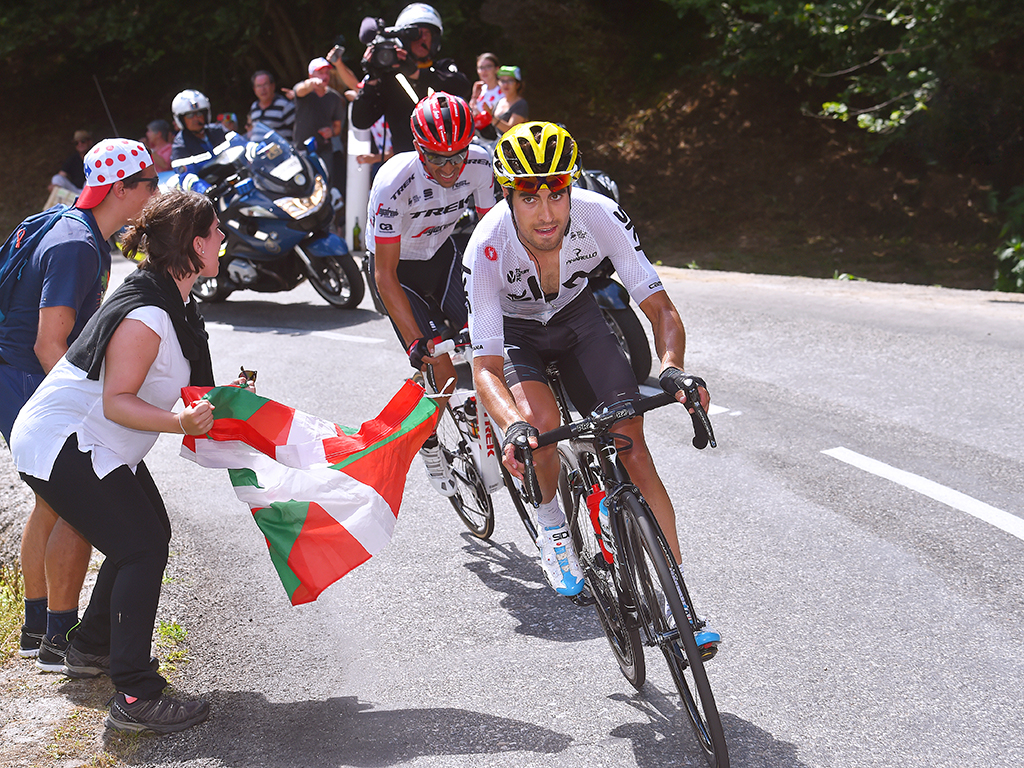
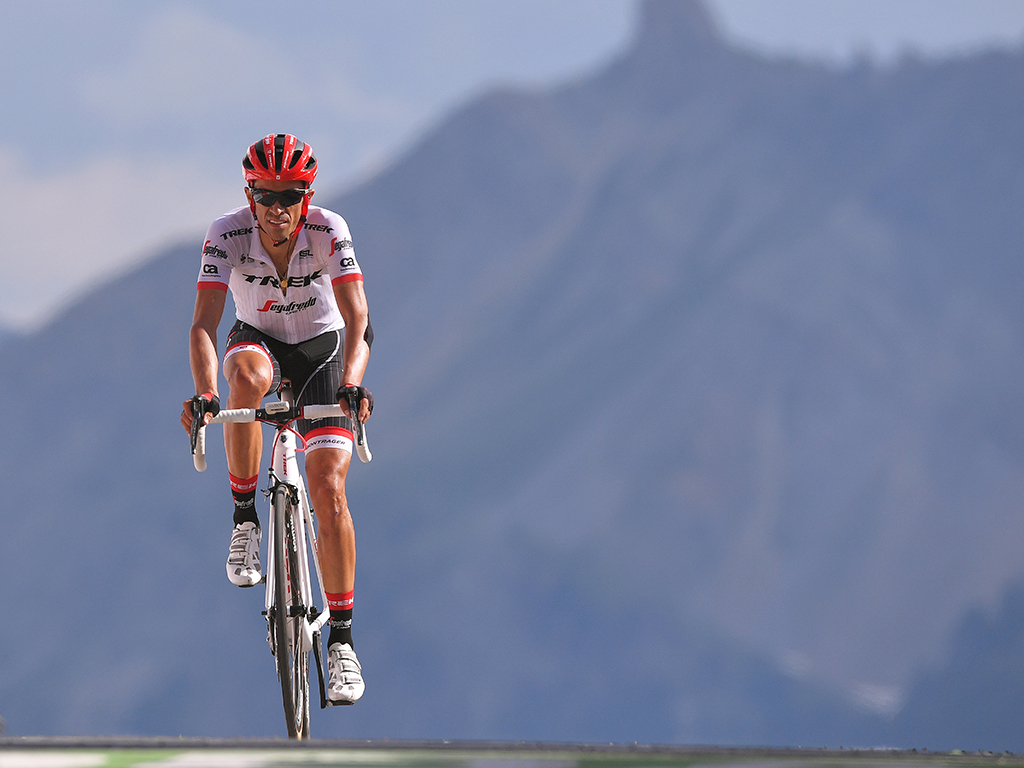
Alberto Contador will leave a contradictory legacy when he hangs up his wheels for good at the end of the Vuelta a España on September 10.
The day after the attack: How Contador won in Fuente Dé
Alberto Contador exclusive: My only intention is to win
Vuelta iconic stages: Contador’s historic ride to Fuente Dé
Tour de France: Alberto Contador's last roll of the dice
Alberto Contador to retire after Vuelta a Espana
Delgado: Contador's retirement part of the end of Spain's 'golden age' of cycling
Contador to wear number 1 at final Vuelta a Espana
Formolo signs with Bora-Hansgrohe to target Grand Tours
Contador prepares to hang up the wheels - Podcast
Trek-Segafredo name starting nine for Alberto Contador's final Vuelta a Espana
Contador Foundation to manage Trek-Segafredo development team
For some, the Spaniard will be remembered as the greatest stage race rider of his generation and arguably the most exciting talent to grace the professional peloton in the 21st century. For others, he will forever be the rider who was stripped of the 2010 Tour de France after testing positive for Clenbuterol, and the man who built a career under the management of Manolo Saiz, Johan Bruyneel and Bjarne Riis.
The two viewpoints are not necessarily mutually exclusive. The Tour de France organisation, for one, has displayed a sort of cognitive dissonance in its attitude towards Contador. In 2008, when Contador was the defending champion, ASO deemed him to be persona non grata due to the sulphurous reputation of his Astana team. Nine years and a doping ban later, on the eve of this year's Tour, race director Christian Prudhomme was happy to heap praise upon the Spaniard, telling L'Équipe that his wish was for Contador to be the main aggressor and "to decide the winner of the race".
The 2011 Tour de France was, in light of Contador's second act as attacking shaman, perhaps his defining race. He arrived for the Grand Depart as the overwhelming favourite, but still uncertain if he would face sanction for his positive test on the previous year's Tour, and he was roundly booed by spectators at the presentation at Le Puy de Fou.
Three weeks later, Contador received a notably warmer welcome when he rode into Paris in fifth place overall. A crash on the opening stage, not to mention the exertions of his (since revoked) Giro d'Italia win the previous month, meant that he was a diminished presence on that Tour, but his startling, all-or-nothing attack on the short stage to l'Alpe d'Huez almost turned the race on its head. In many ways, the rehabilitation of his reputation began there, even before the Court of Arbitration for Sport decided to hand him a retroactive two-year ban the following February.
Specialized had begun to supply Contador with bikes in 2010 and made him a cornerstone of its marketing campaigns. The American bike manufacturer made no attempt to distance itself from the Spaniard, even during his suspension. Panache, it seemed, meant that any transgression could be forgiven.
Triumphs and controversy
Born in Pinto, near Madrid, in 1982, Contador turned professional with ONCE in 2003, having impressed Manolo Saiz as an amateur, but his career was almost ended the following year when he suffered a cerebral cavernoma during the Vuelta a Asturias. Remarkably, he returned to training at the end of that season and announced his return to competition with a stage win at the Tour Down Under.
Get The Leadout Newsletter
The latest race content, interviews, features, reviews and expert buying guides, direct to your inbox!
In 2006, Contador and five of his Astana-Würth teammates were barred from competing at the Tour de France after their names were linked to the Operacion Puerto blood doping inquiry, though Contador was later cleared of charges.
A year later, Contador was back at the Tour de France in the colours of Johan Bruyneel's Discovery Channel team, ostensibly to ride in support of Levi Leipheimer, yet he quickly outstripped his leader. For much of the race, he seemed destined for second overall, but when Michael Rasmussen was thrown off the Tour after lying about his whereabouts in the build-up, Contador inherited the maillot jaune and carried it to Paris.
In 2008, Contador followed Bruyneel to the revamped Astana and, unable to compete at the Tour, he proceeded to win a Giro-Vuelta double, becoming the youngest rider ever to complete a full set of Grand Tour victories. Lance Armstrong emerged from retirement to join Astana in 2009, but Contador had the sangfroid and the resolve to see off that internal challenge and add a second Tour de France title to his palmares.
Nobody expected it would be his last and, for a time, it wasn't. Andy Schleck arguably had the legs to beat Contador at the 2010 Tour de France but the Spaniard somehow eked out a win, only for a positive test for Clenbuterol on the second rest day to scrub it from the record books.
News of the positive test broke in September 2010, but it took more than 16 months of investigations, hearings and appeals for Contador to be belatedly sanctioned. He claimed the positive test was the result of contaminated beef and dismissed the hypothesis that it had been caused by a contaminated blood bag. The Court of Arbitration for Sport, meanwhile, suggested a contaminated food supplement, but the end result was the same: a retroactive two-year ban.
There was something of Pedro Delgado's defiance on the 1988 Tour about Contador in those 16 months. Having swapped Astana for Riis' Saxo Bank squad for 2010, during the Tour de France, Contador barely missed a beat, and continued to race and win while the UCI and Spanish federation argued over how best to resolve his case. His 2011 Giro d'Italia triumph was perhaps the most dominant of his entire career, even if the title would eventually pass to the late Michele Scarponi.
A final heist on the road to Fuente Dé
Contador never scaled such heights again following his return to competitive action in 2012, even if he somehow conjured up victory on the 2012 Vuelta a Espana with a surprise attack on the road to Fuente Dé, perhaps the greatest heist of his career.
Rare indeed is the rider who can win a Grand Tour without being the strongest man in the race. As if to confirm the point, a ragged Contador was caught and passed by Tony Martin in the World Championships time trial just weeks later.
Contador continued in a similar vein in 2013, struggling to fourth overall at the Tour de France as Chris Froome careered away from him in startling fashion on Mont Ventoux and new sponsor Oleg Tinkov publicly complained at the return on his investment.
There was marked improvement in 2014, which was, in hindsight, Contador's best chance to add to his tally of Tour wins. The outstanding rider in the opening half of the season – he won Tirreno-Adriatico in spectacular fashion, then tacked on the Tour of the Basque Country. Contador was forced out of the Tour when he suffered a micro-fracture in his tibia in a crash on the road to La Planche des Belles Filles. Somehow, he returned in time to ride the Vuelta, and proceeded to beat Froome to the title.
Shortly afterwards, Contador set himself the lofty goal of winning the Giro-Tour double in 2015. He achieved the first part, though only after a stiff challenge from Astana and repeated questions over his bike changes, but, as in 2011, he paid for those exertions at the Tour, reaching Paris fifth overall.
In the final two years of his career, Contador has raged against the dying of the light by seeking to replicate his Fuente Dé display across the entire calendar.
In both 2016 and 2017, he animated Paris-Nice with final stage attacks that brought him to within seconds of overall victory. His aggression at the 2016 Vuelta helped to tip the balance in Nairo Quintana's favour. His attacking on the road to Foix at this year's Tour de France brought Mikel Landa into play as a contender for overall victory.
Contador, however, had to settle for ninth overall in Paris and the realisation that he would never again win the Tour.
He had the option of a second season at Trek-Segafredo, the team he joined following Tinkoff's disbandment, but decided to bow out with one final tilt at the Vuelta rather than continue as a reduced version of himself.
As things stand, Contador will leave professional cycling with seven Grand Tour titles to his name. He likes to count nine victories. A succinct epitaph for a career that is both controversial and complicated.

Barry Ryan was Head of Features at Cyclingnews. He has covered professional cycling since 2010, reporting from the Tour de France, Giro d’Italia and events from Argentina to Japan. His writing has appeared in The Independent, Procycling and Cycling Plus. He is the author of The Ascent: Sean Kelly, Stephen Roche and the Rise of Irish Cycling’s Golden Generation, published by Gill Books.